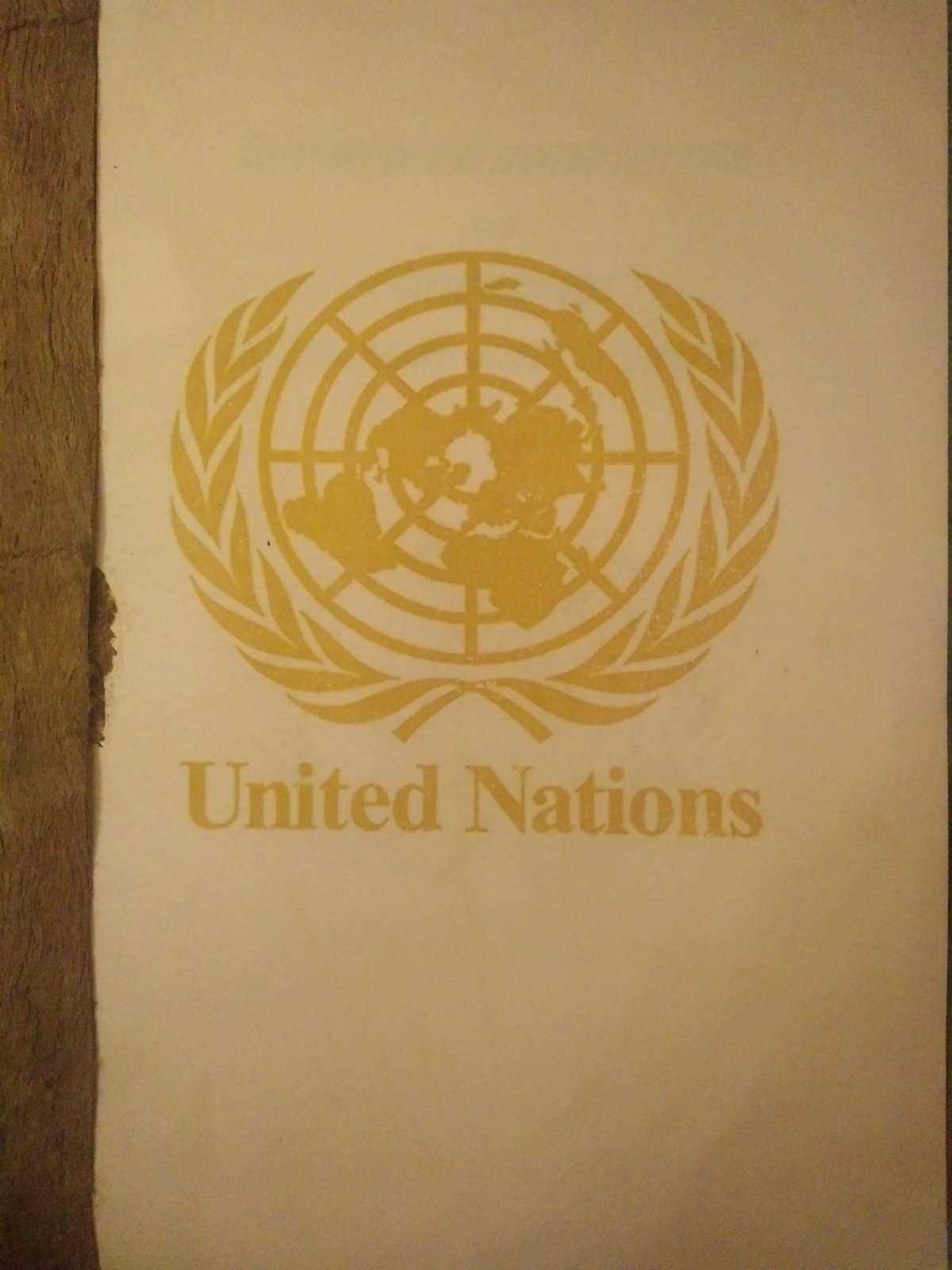
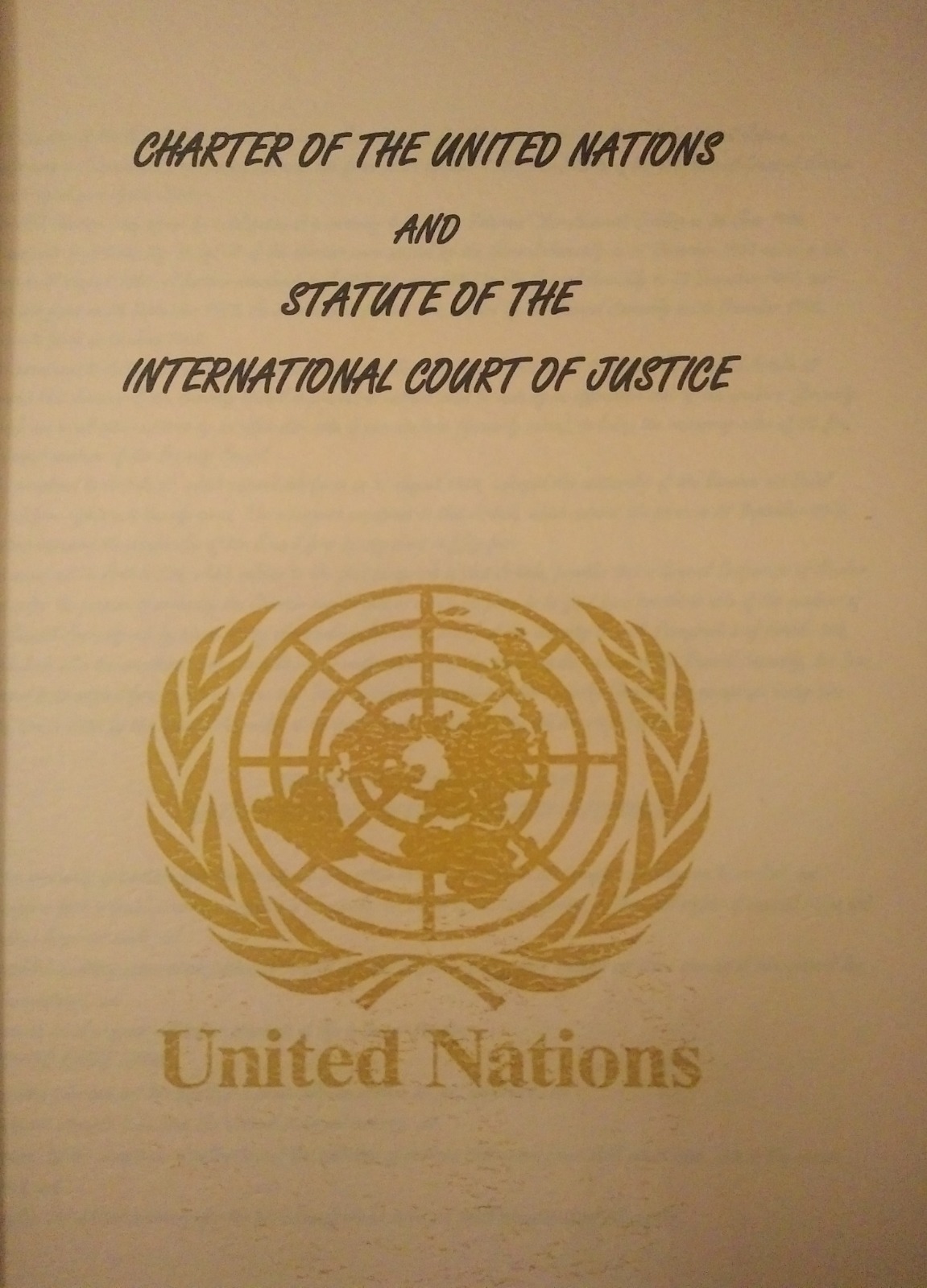
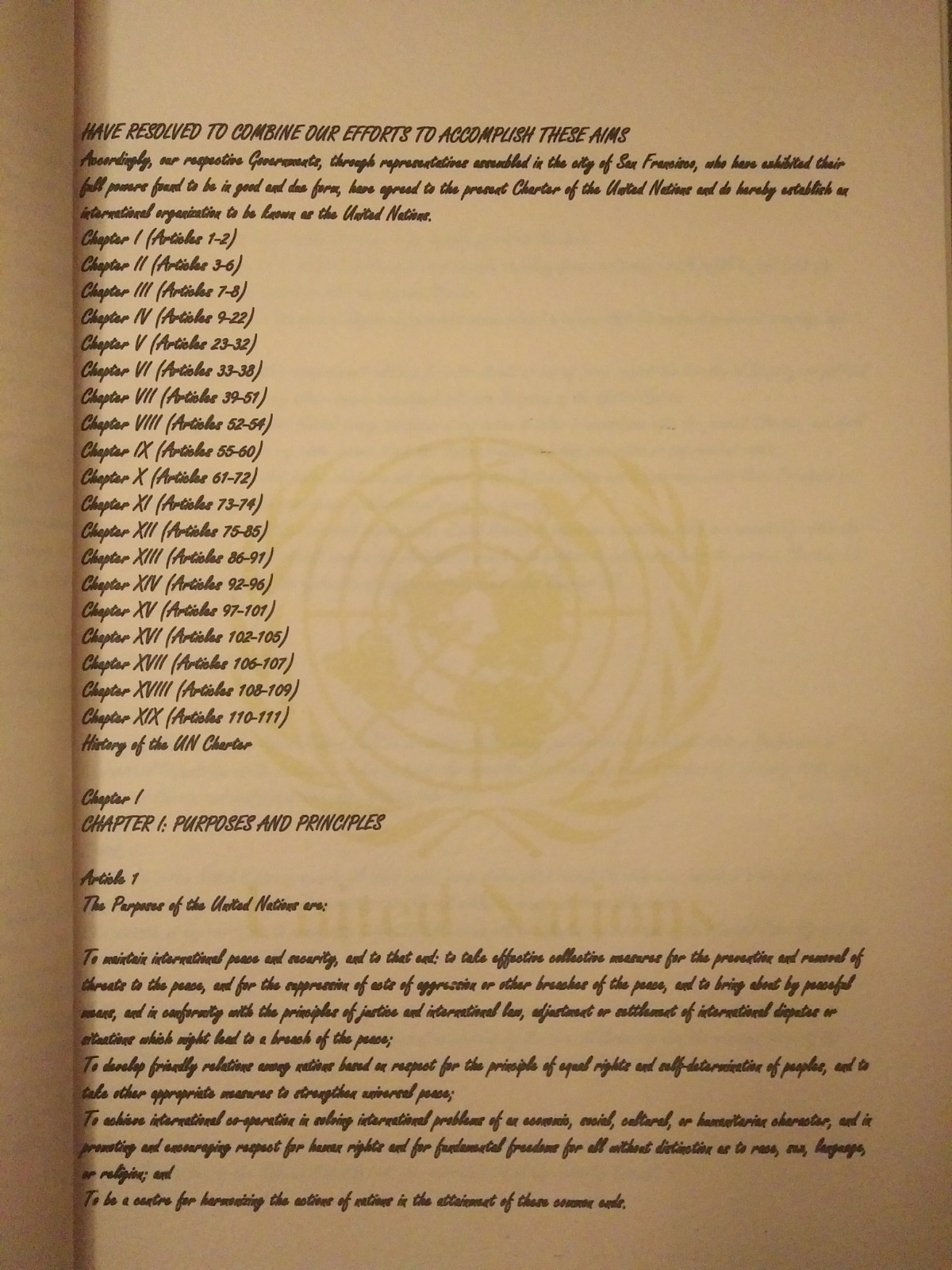

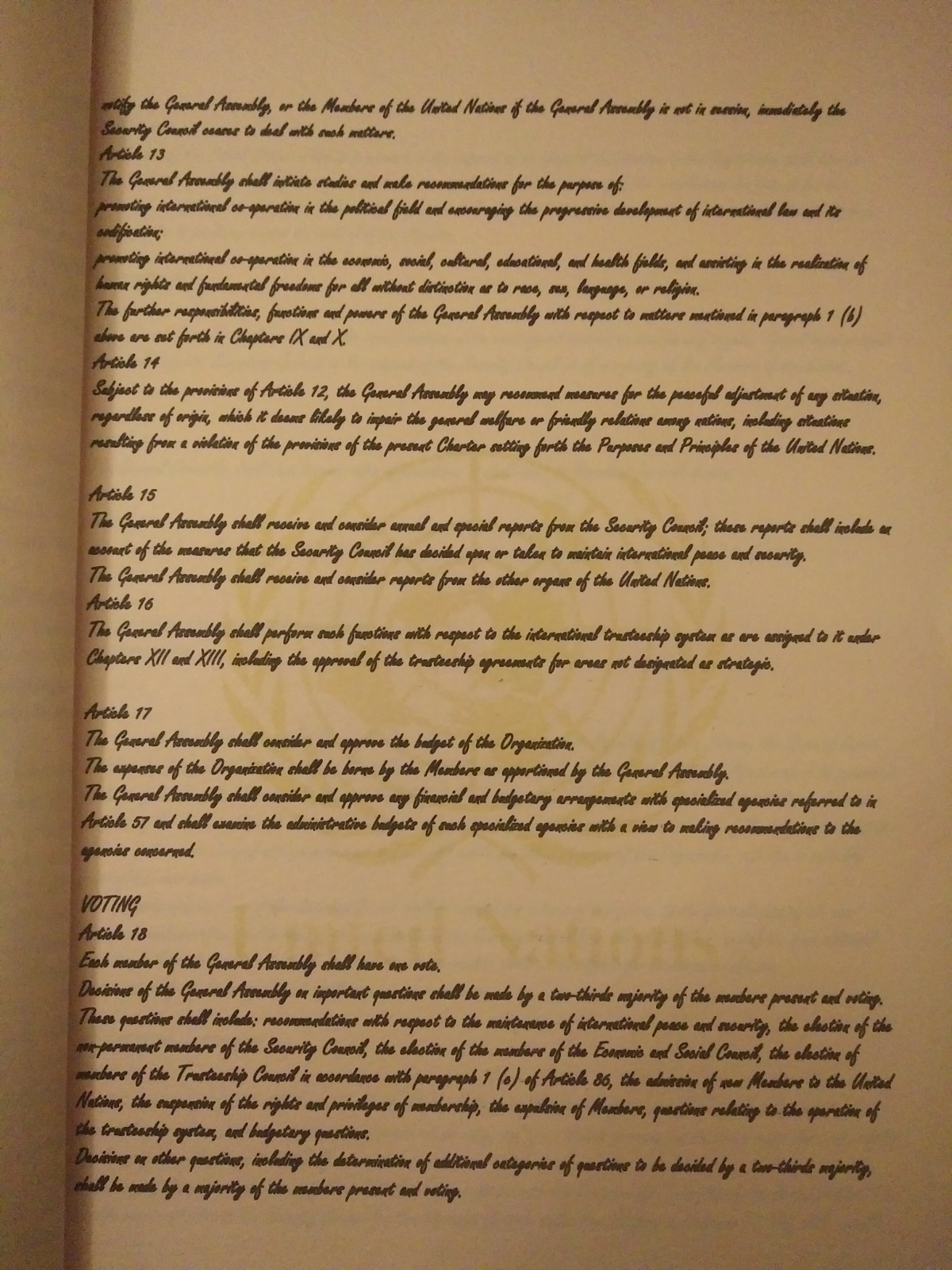
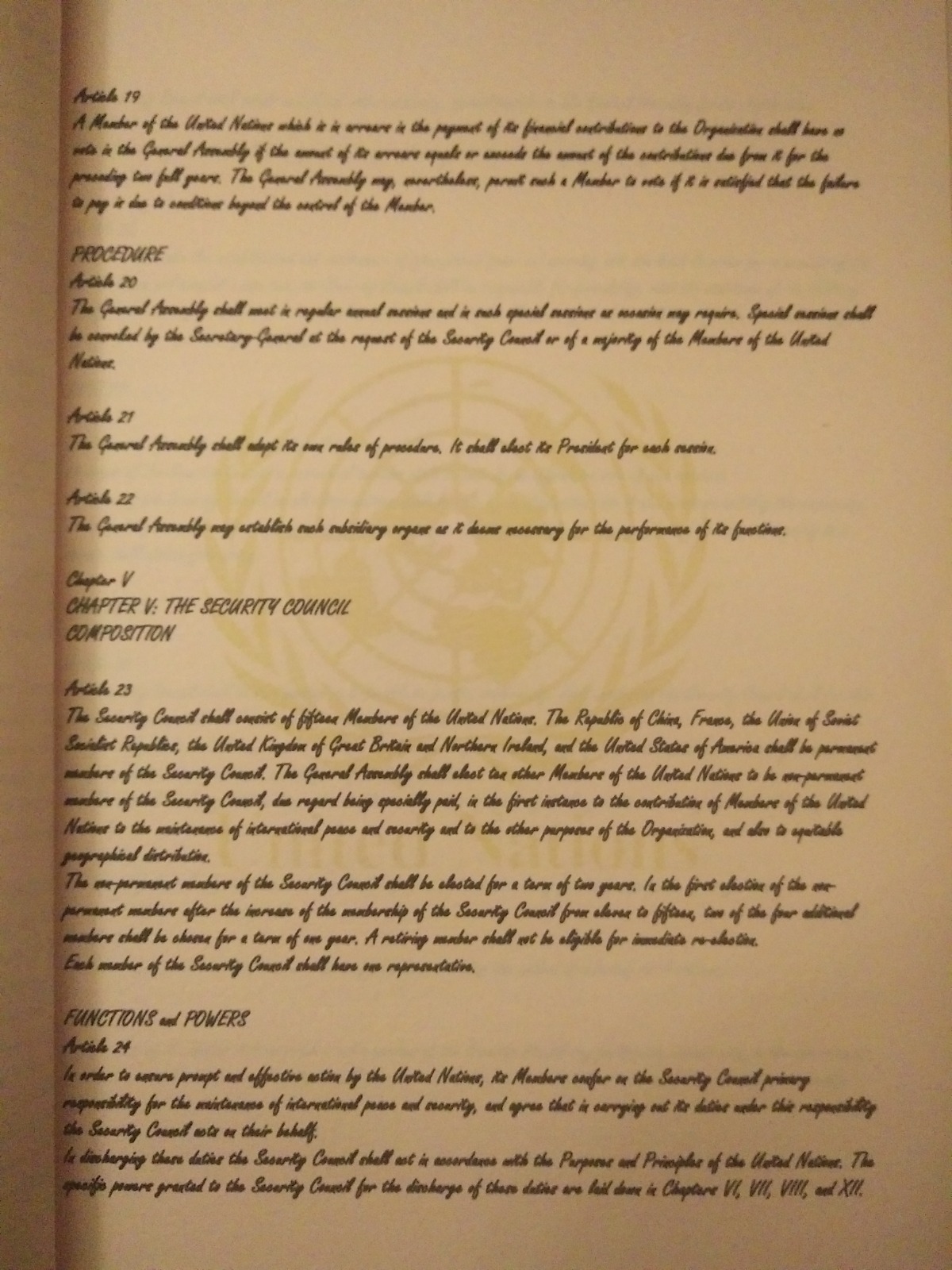
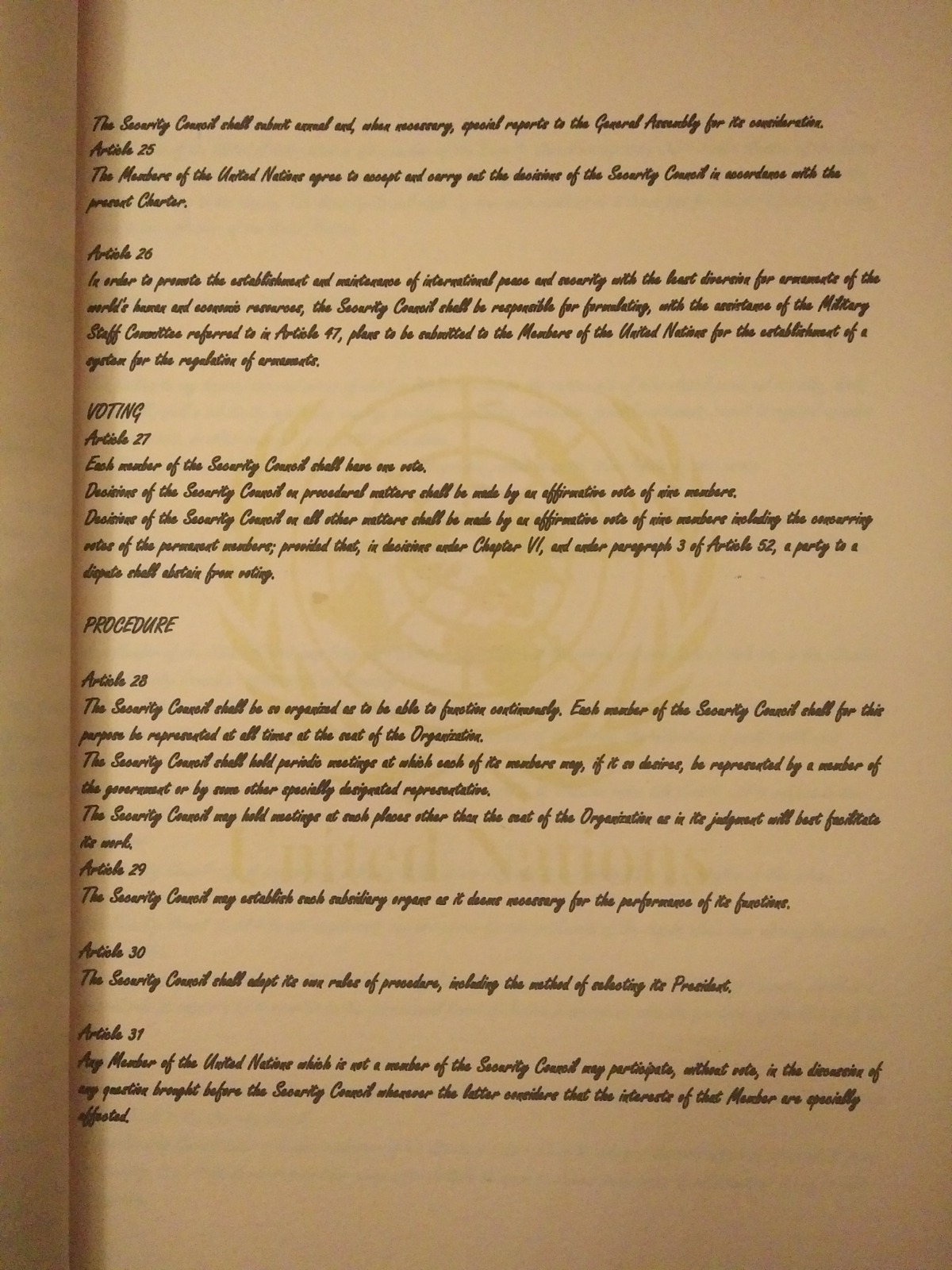
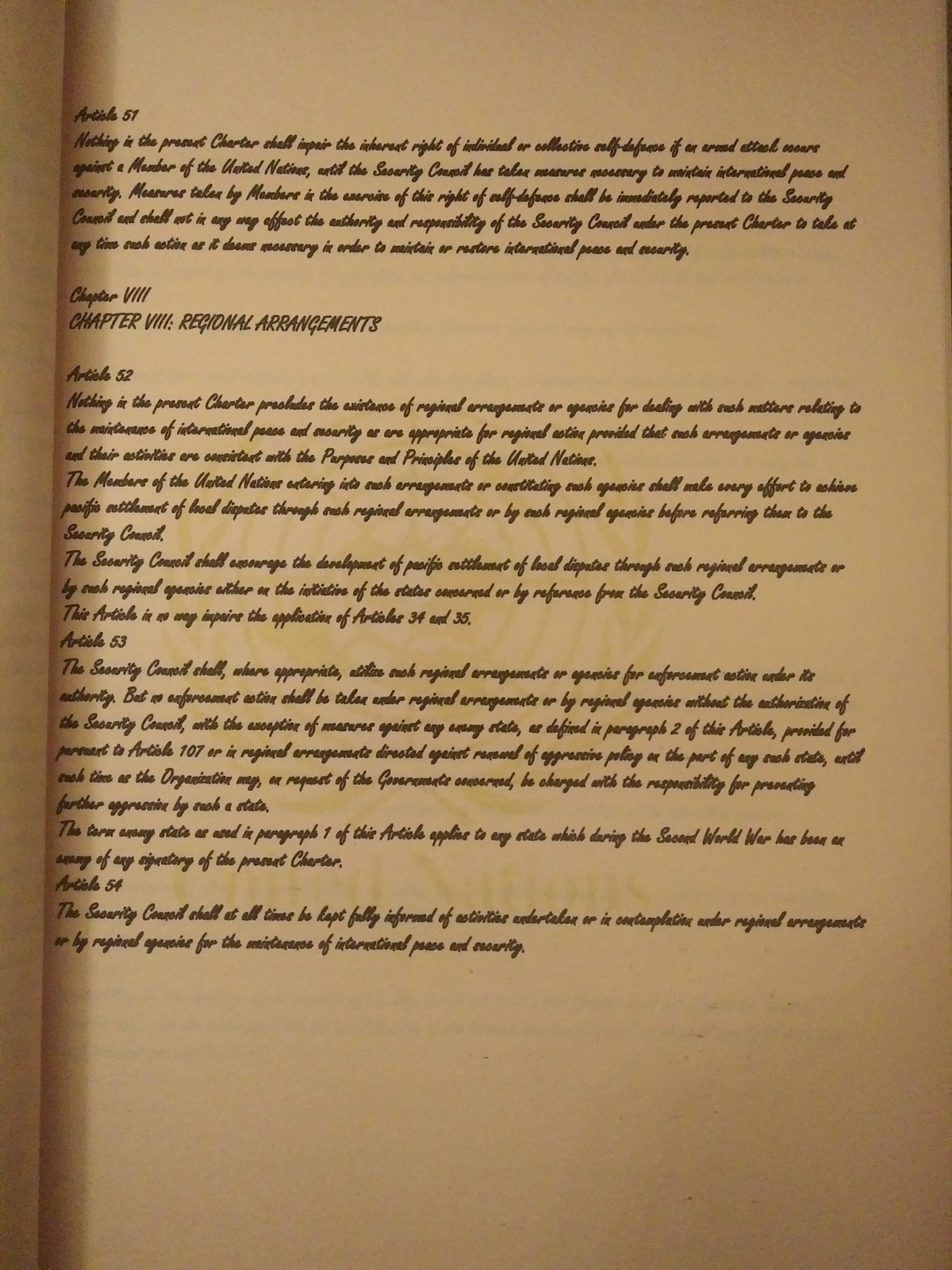
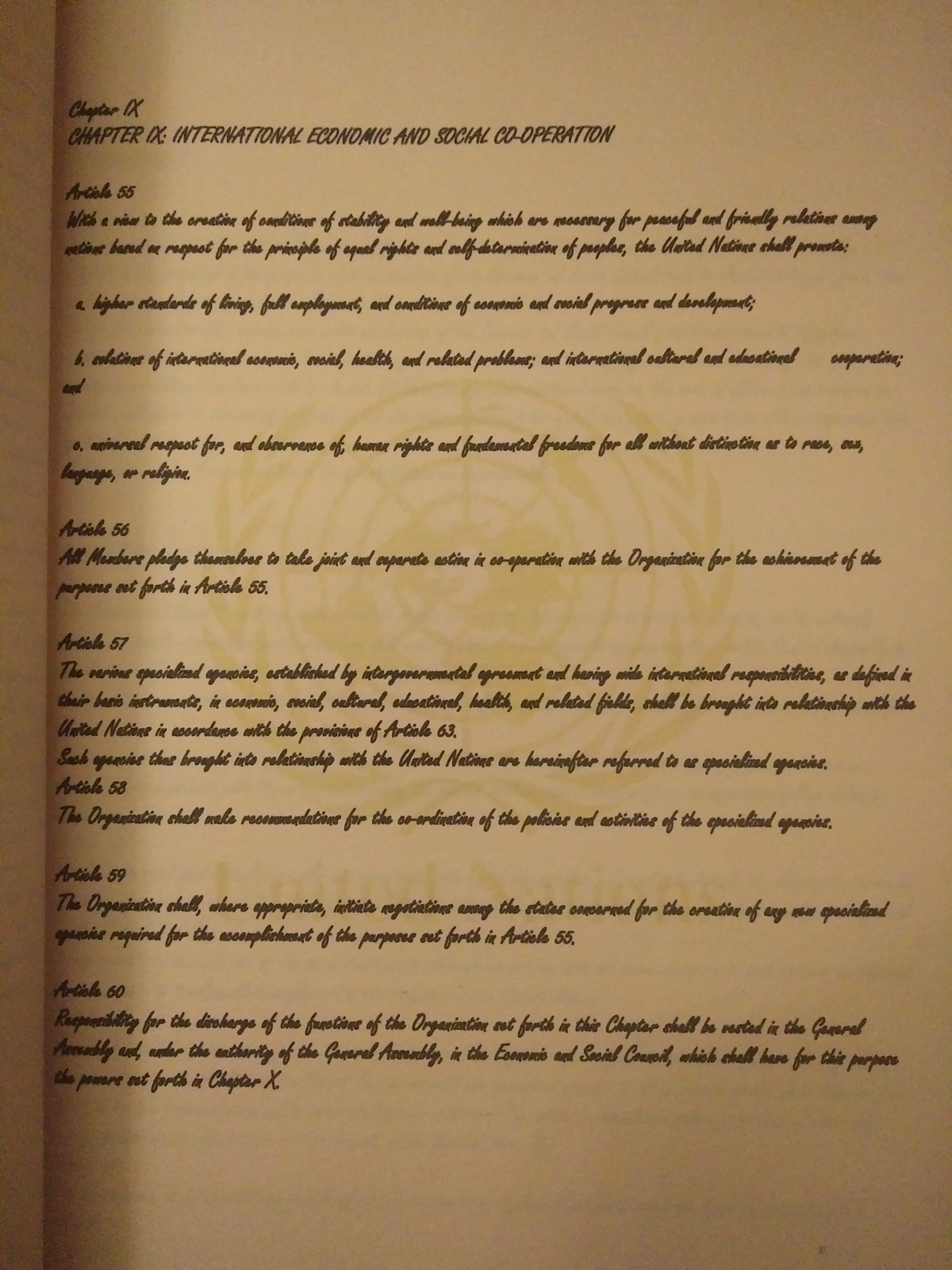
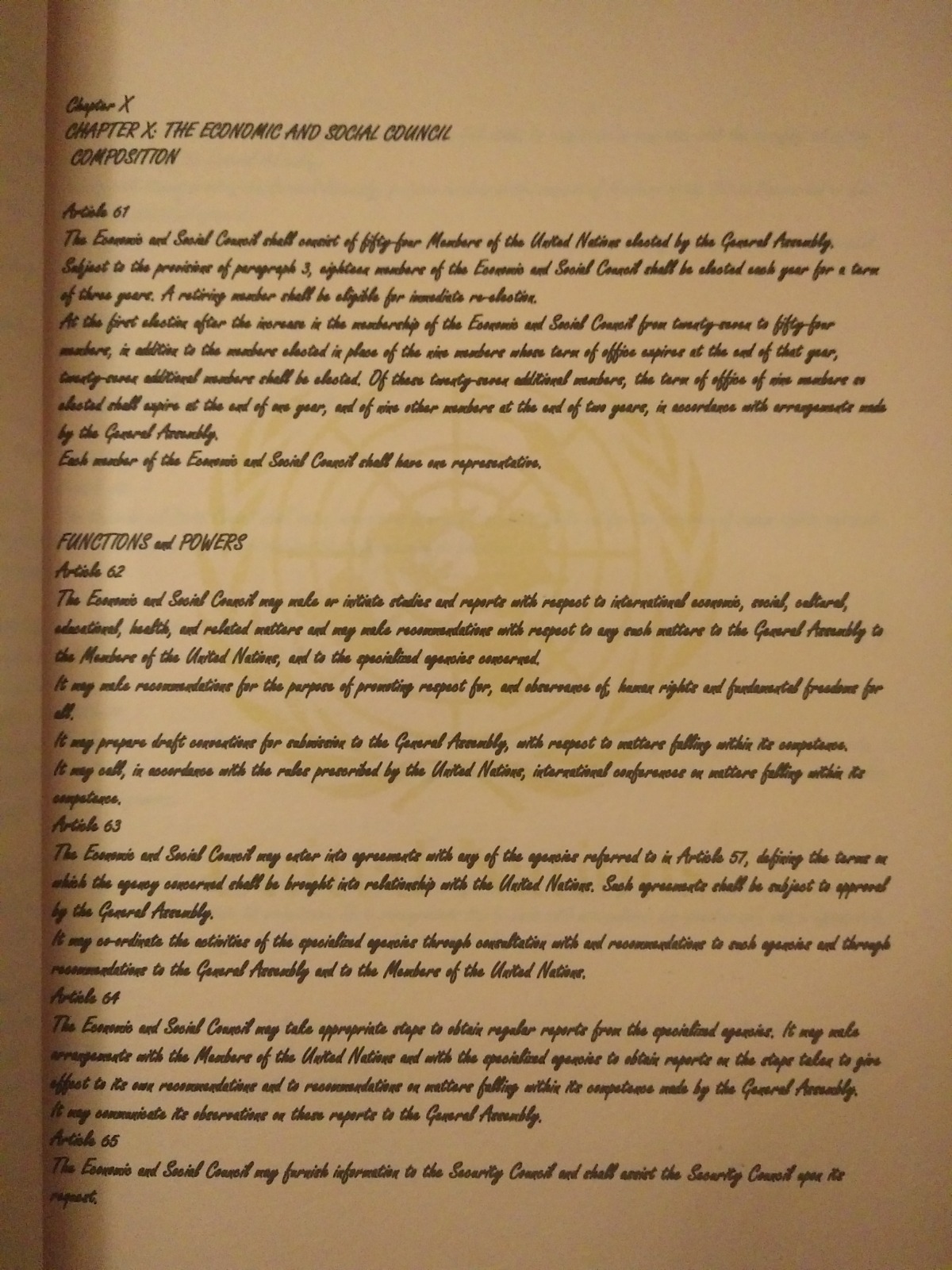
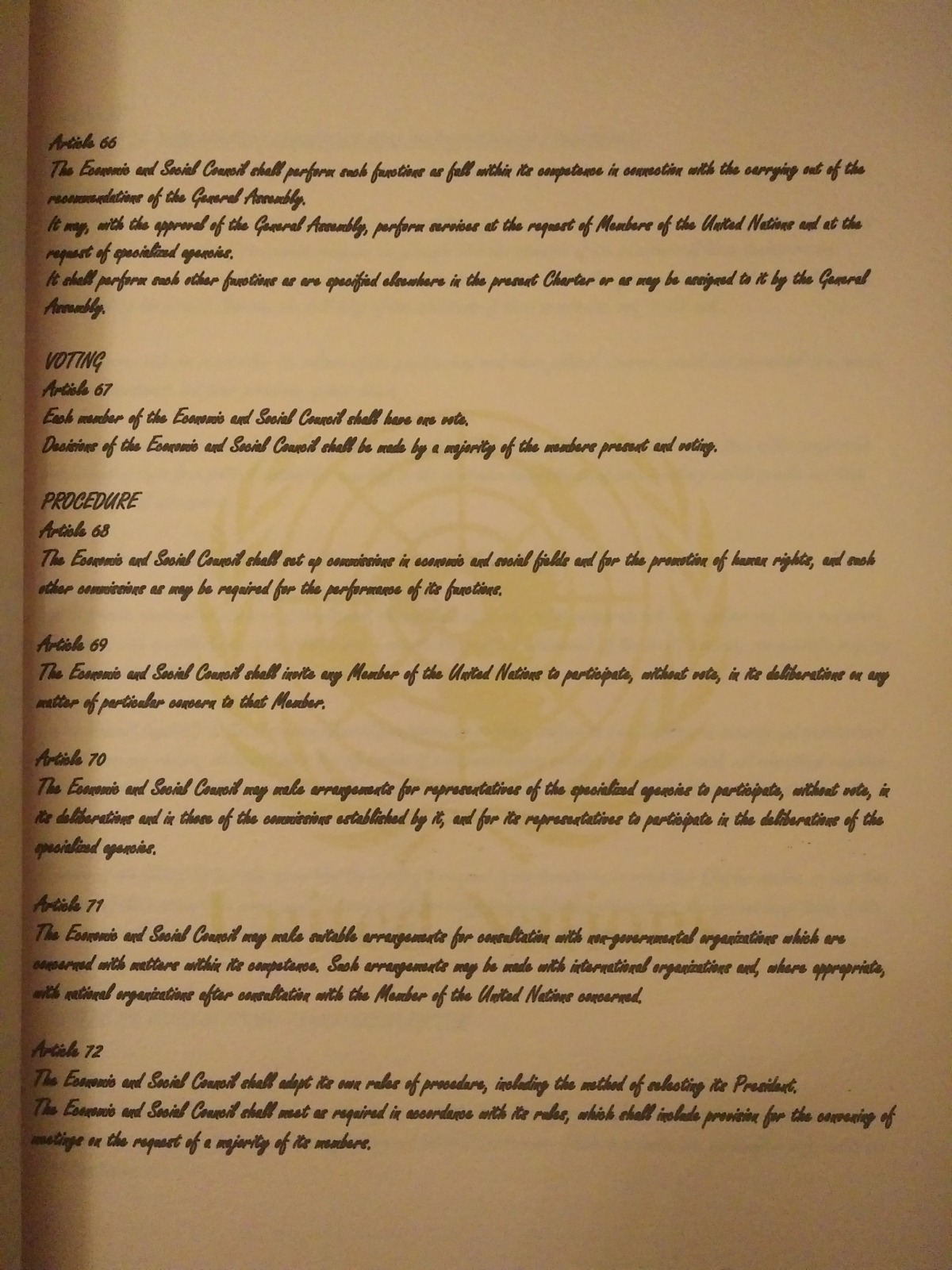
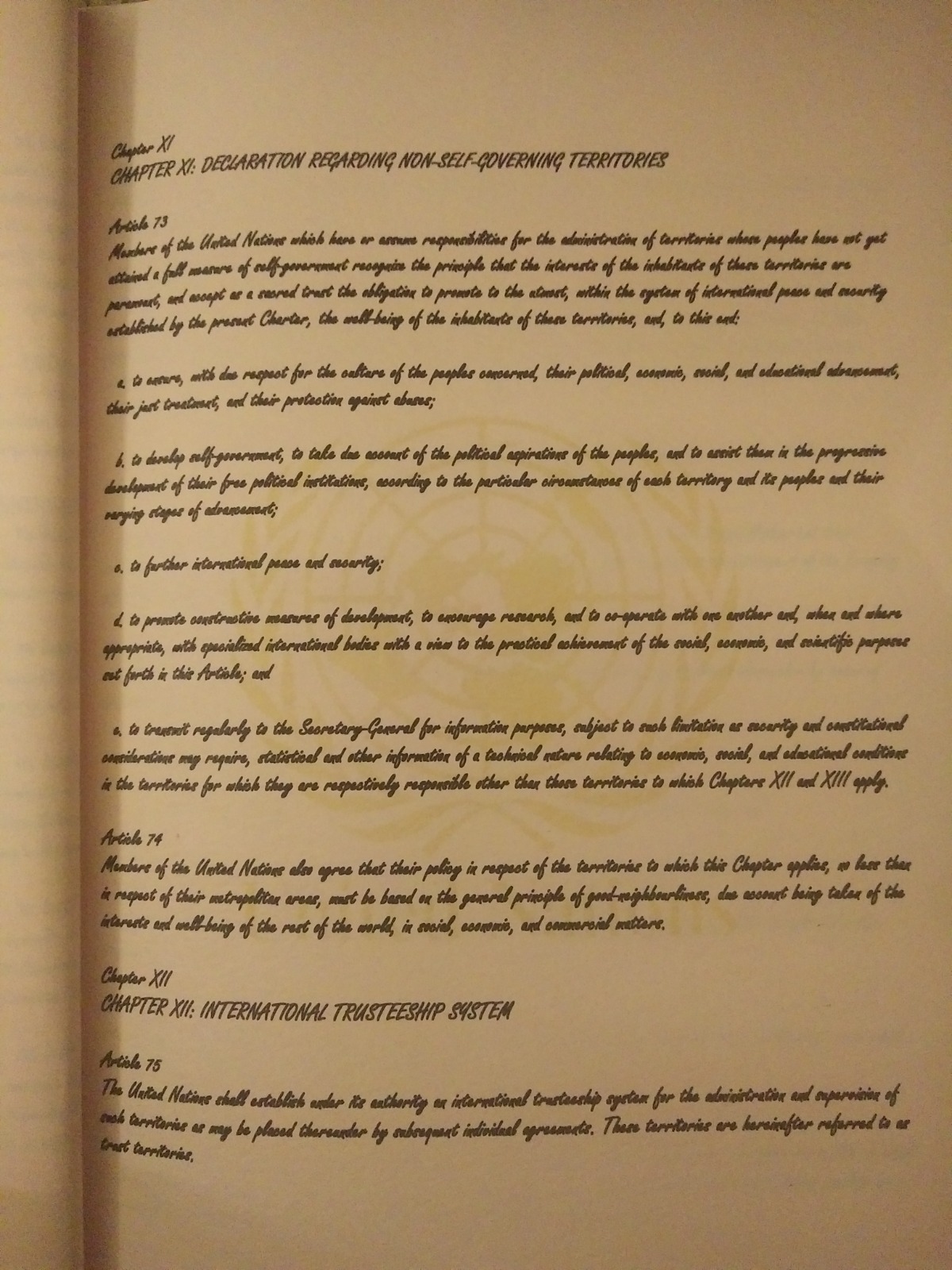
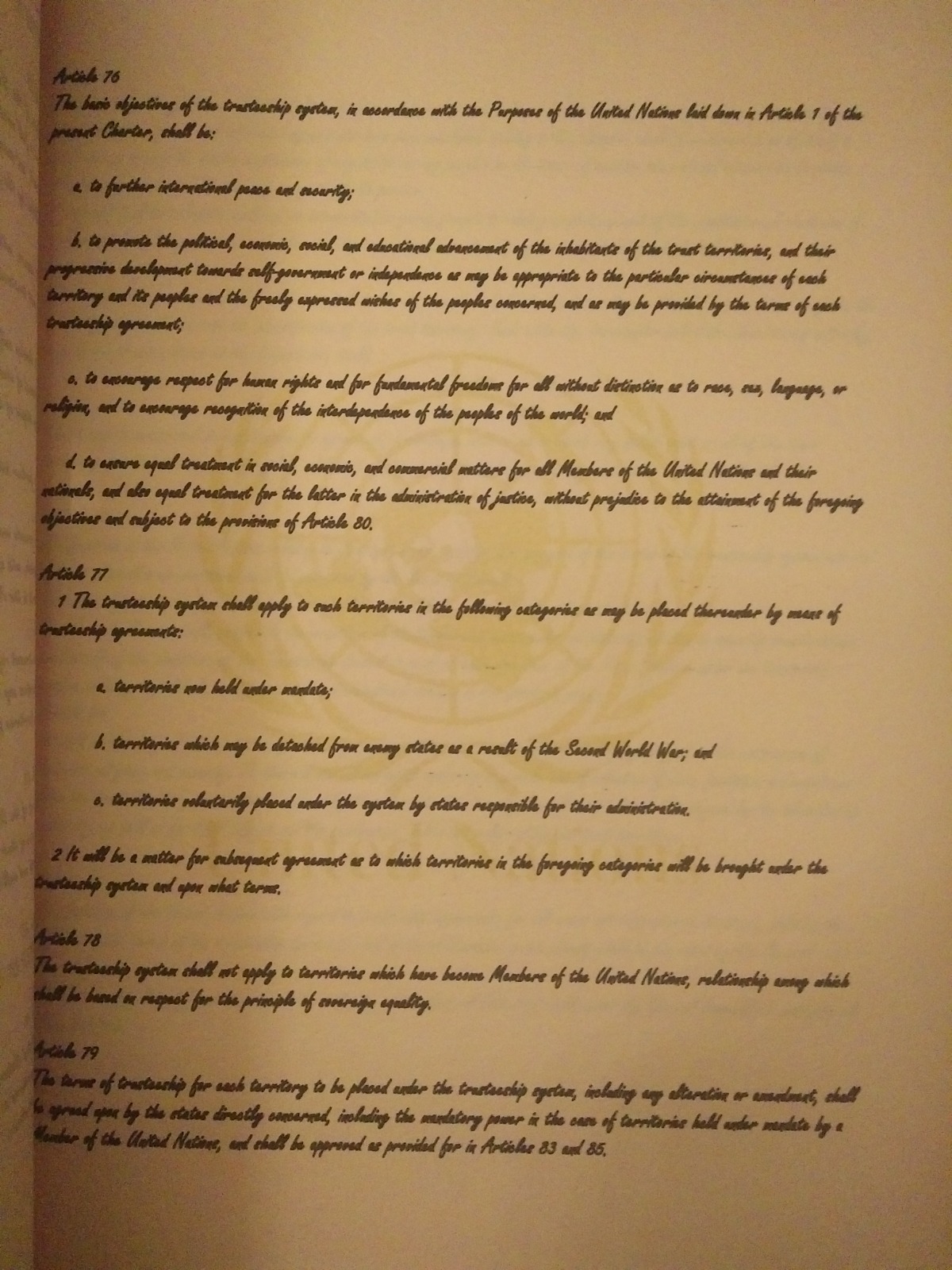

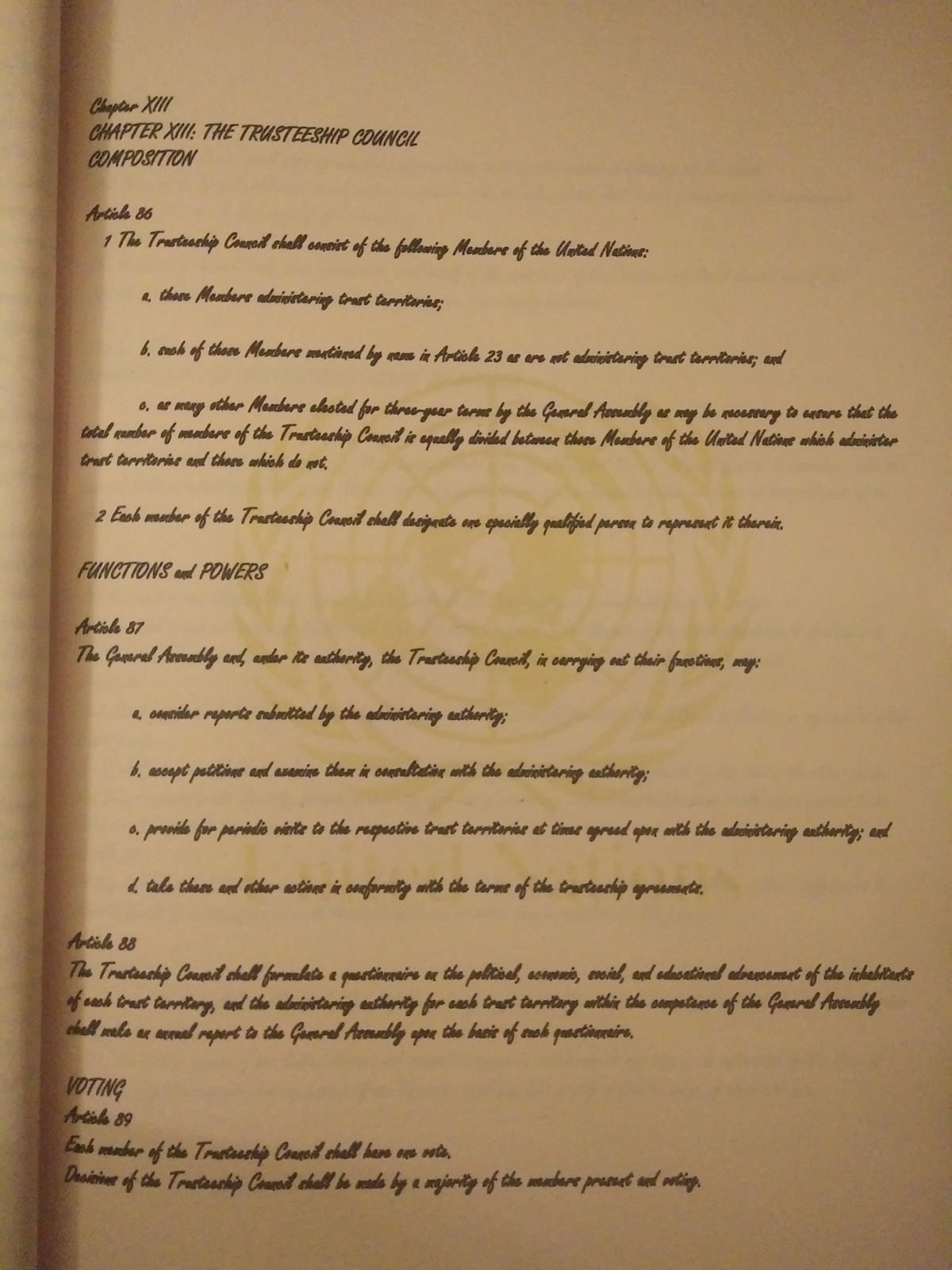


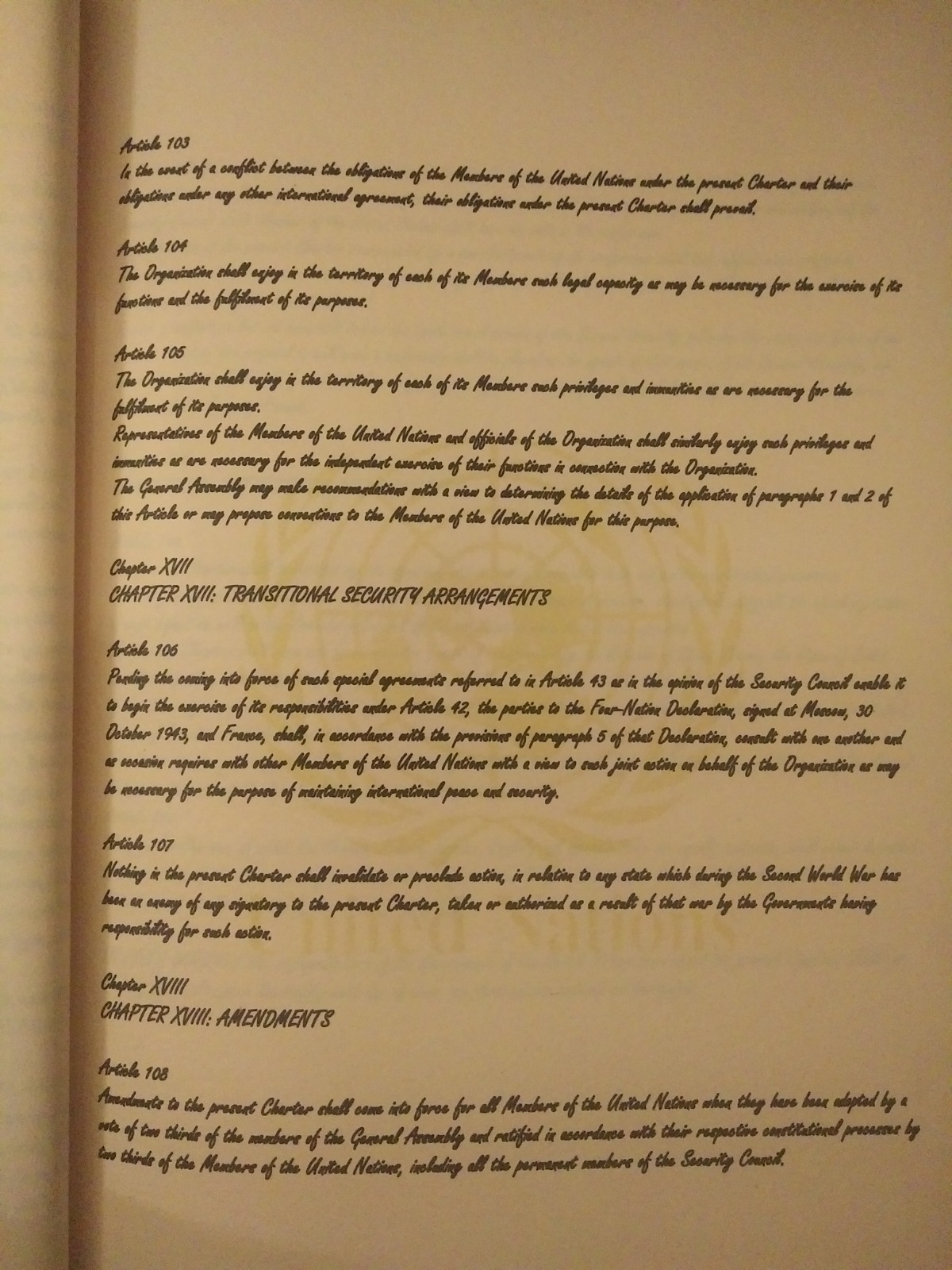
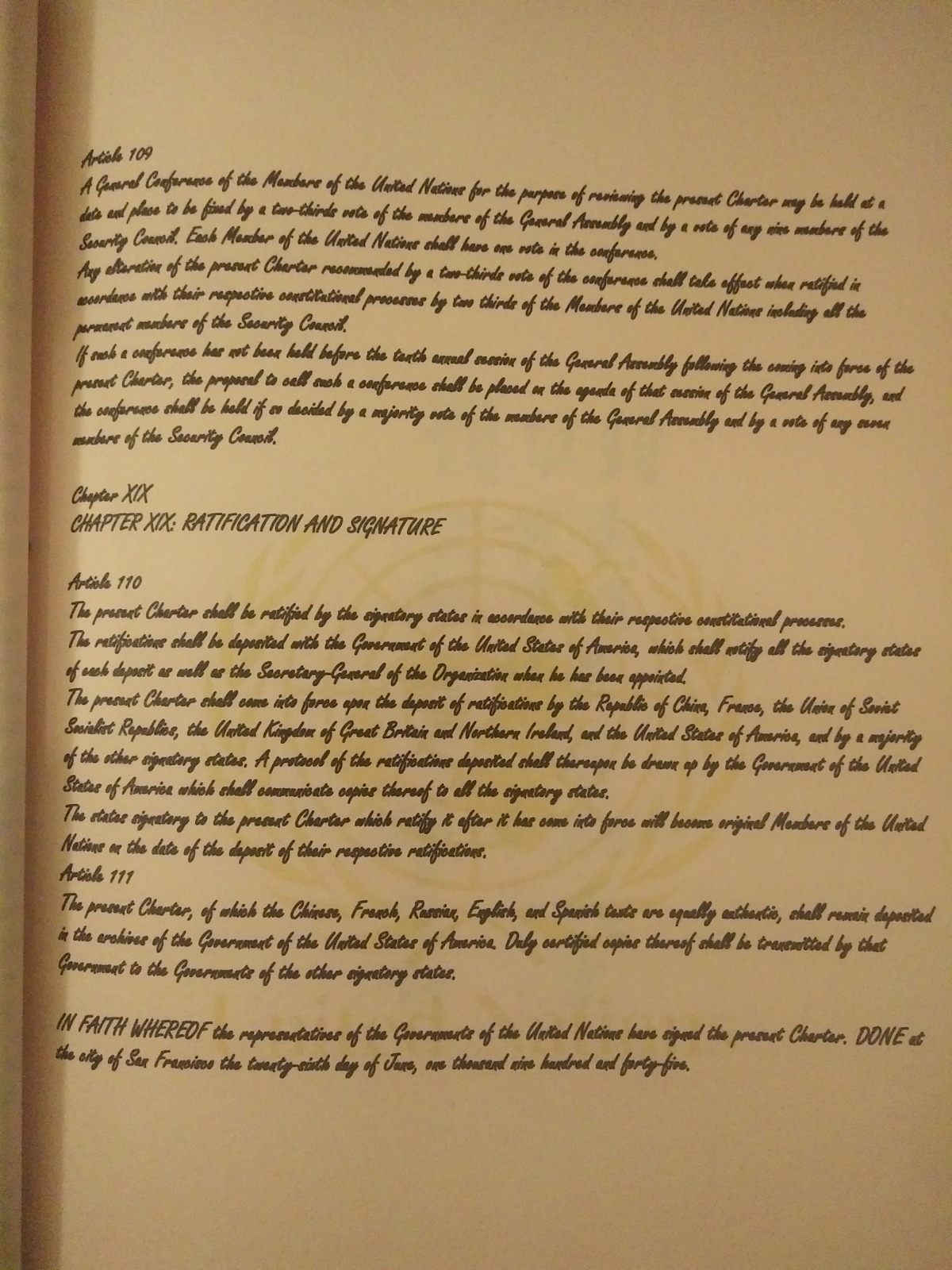
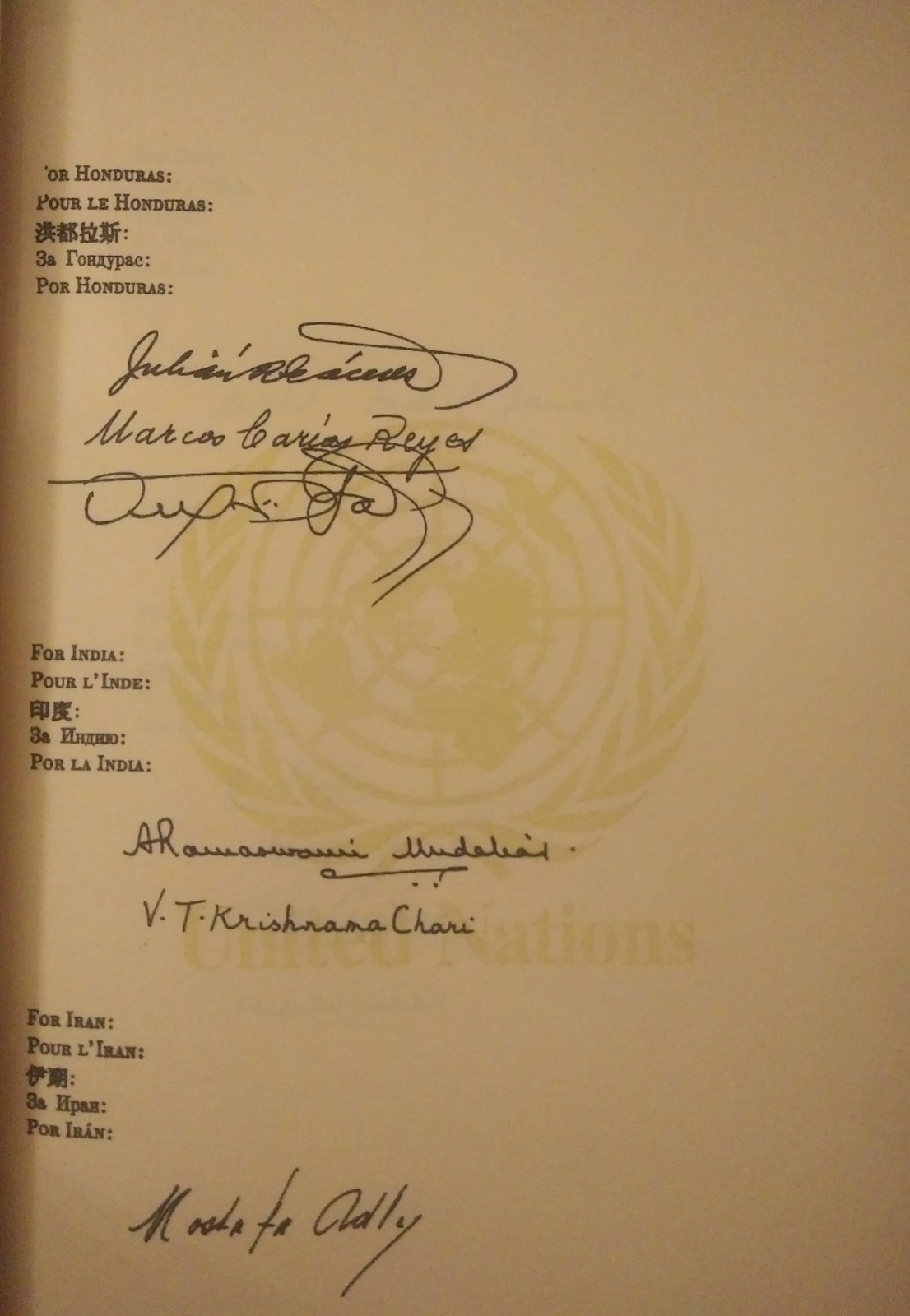
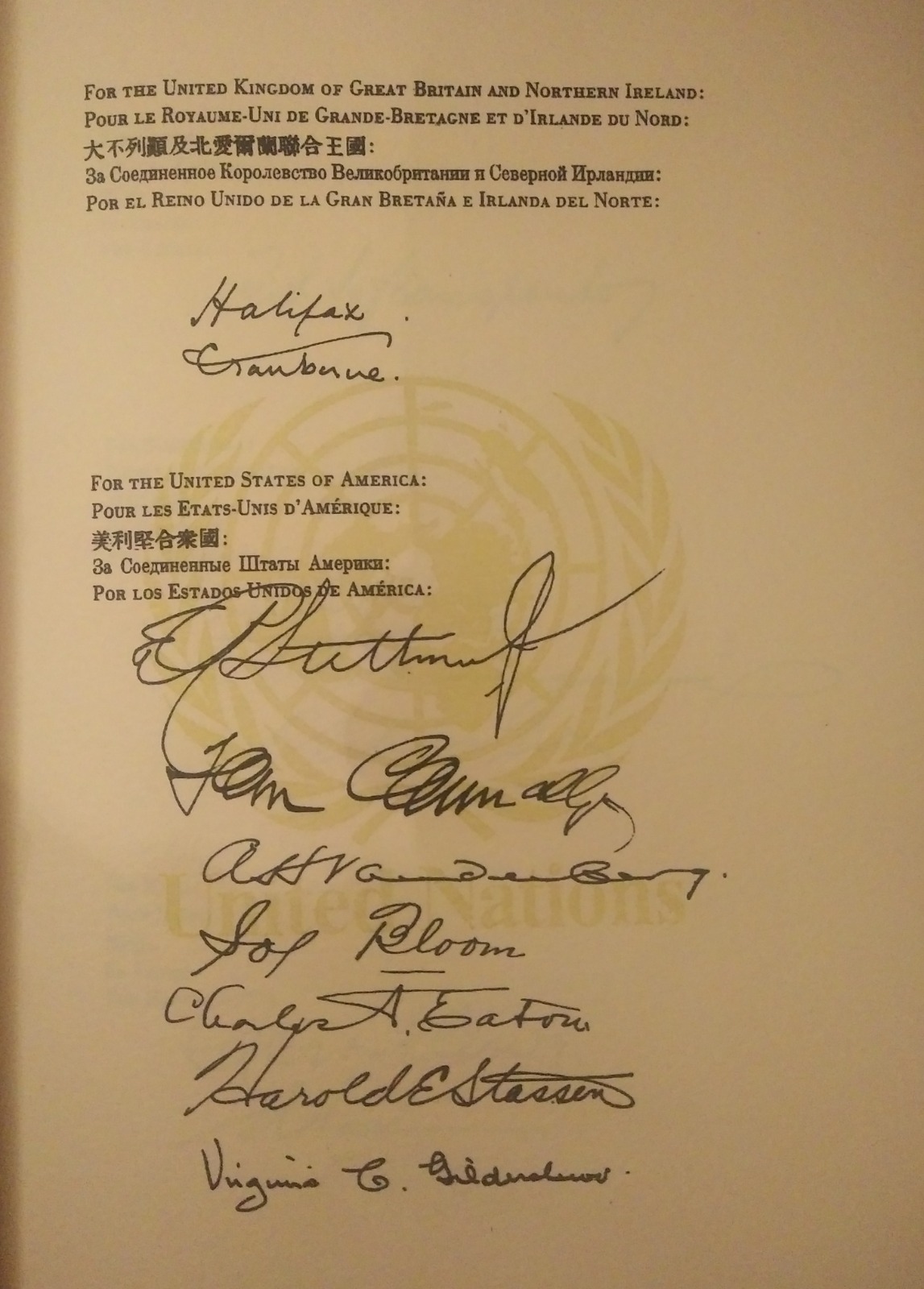
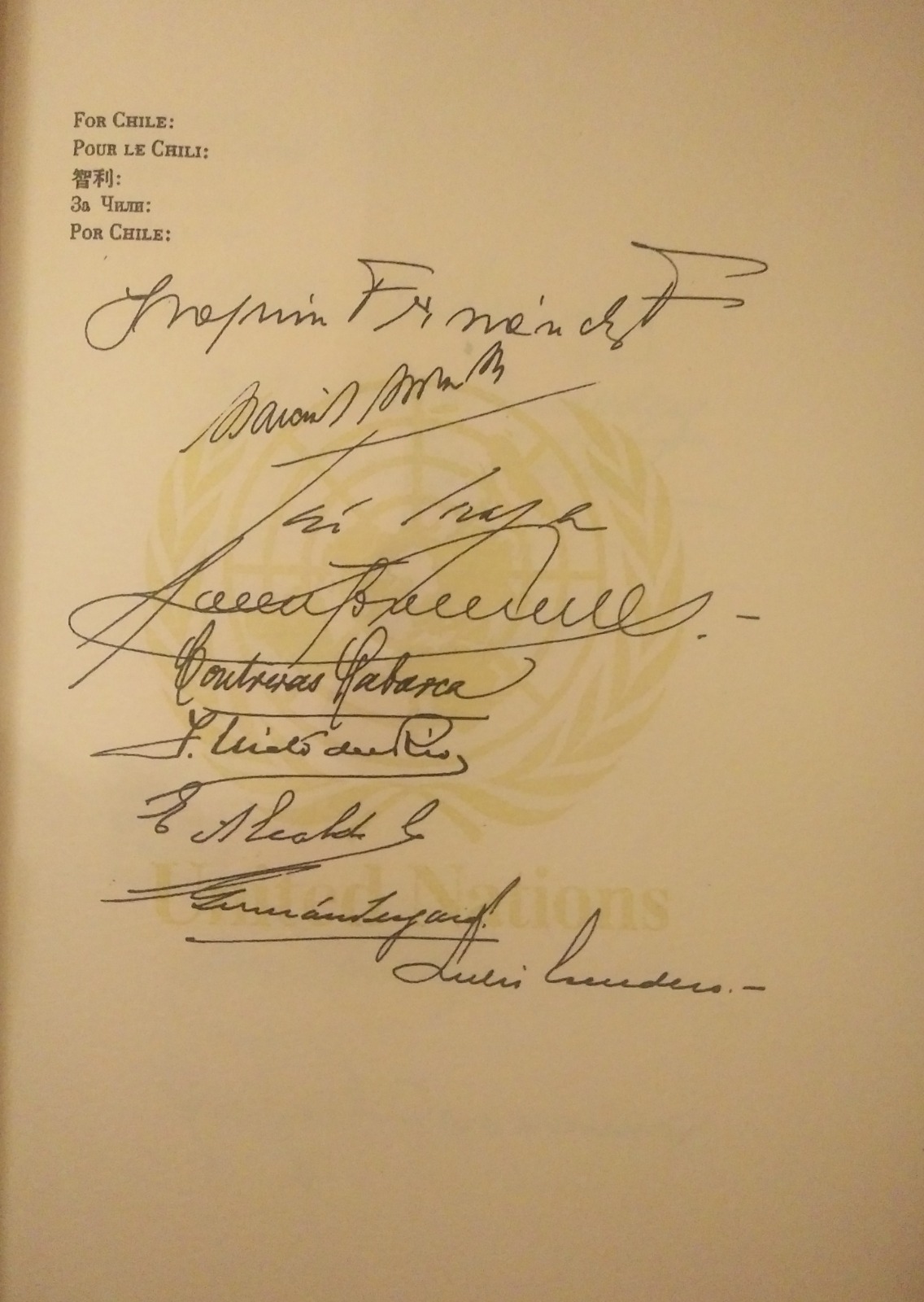
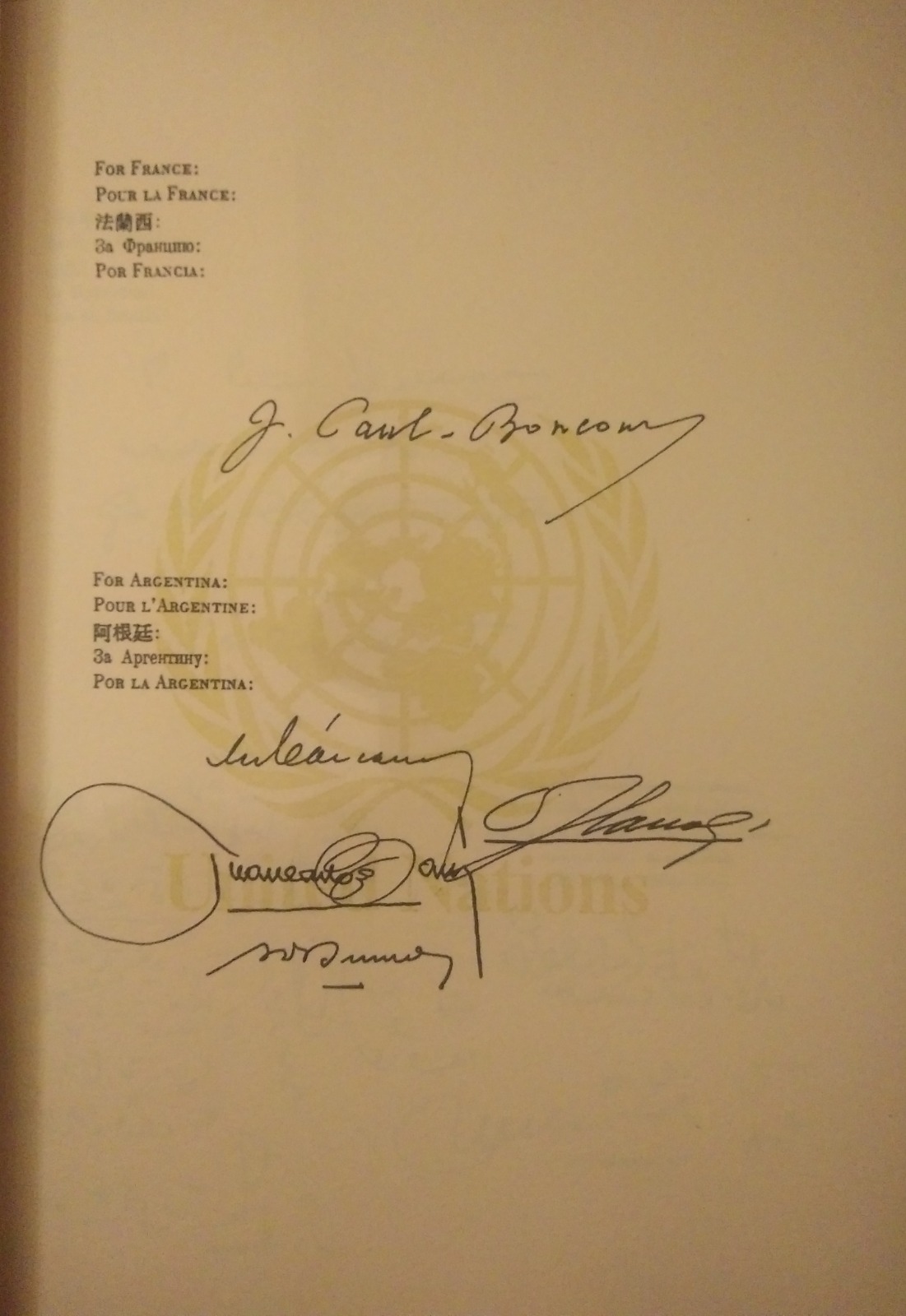
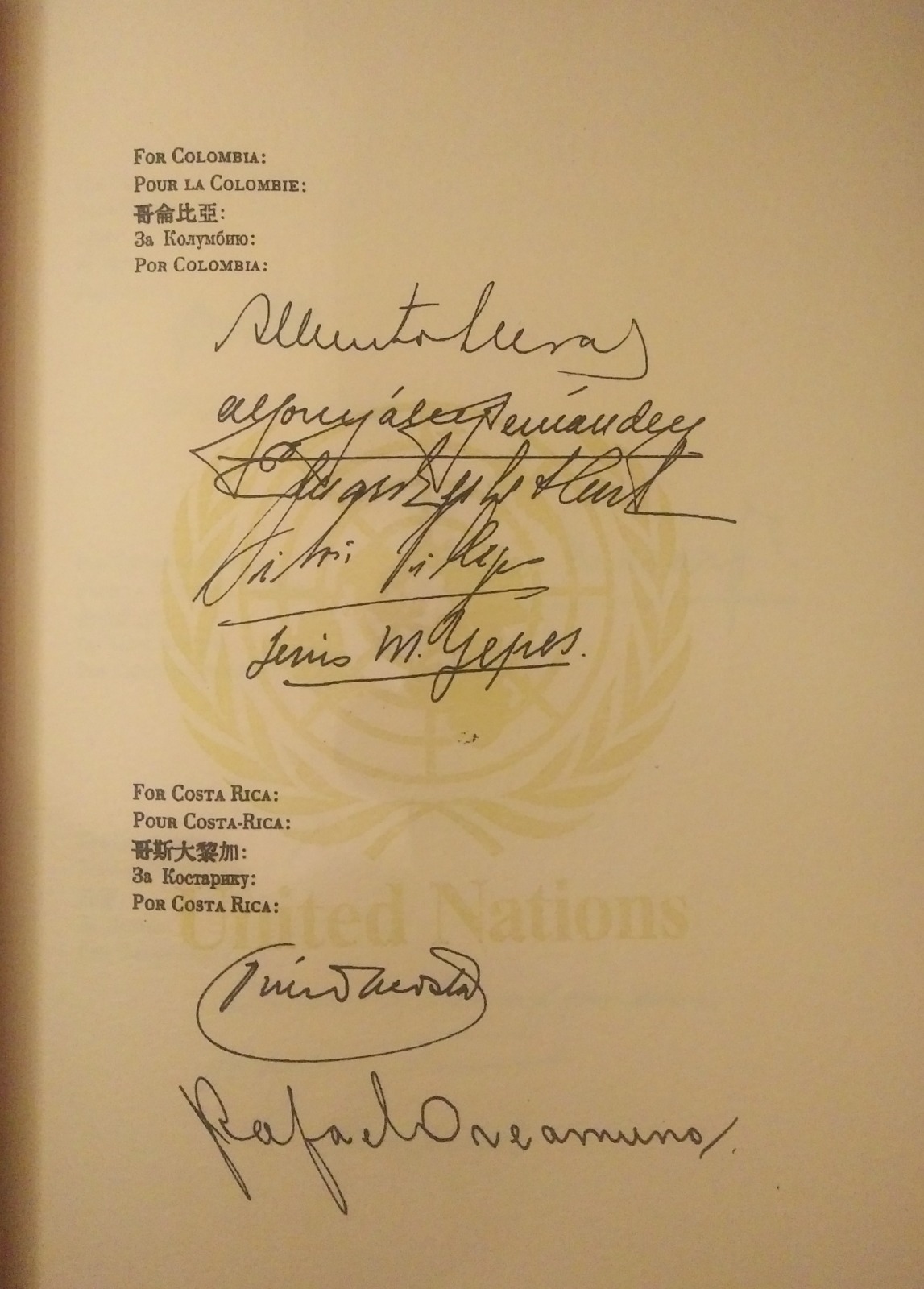
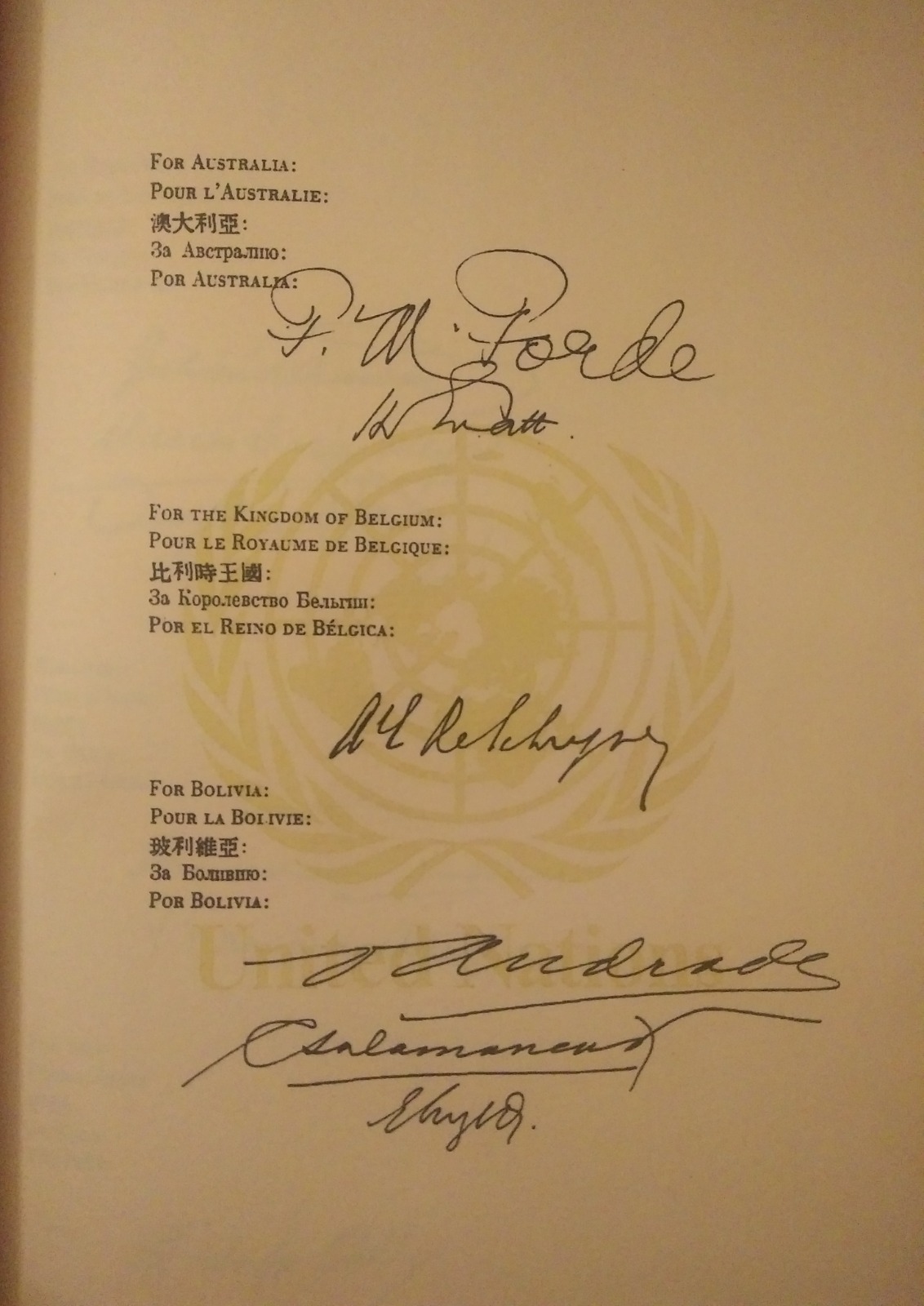
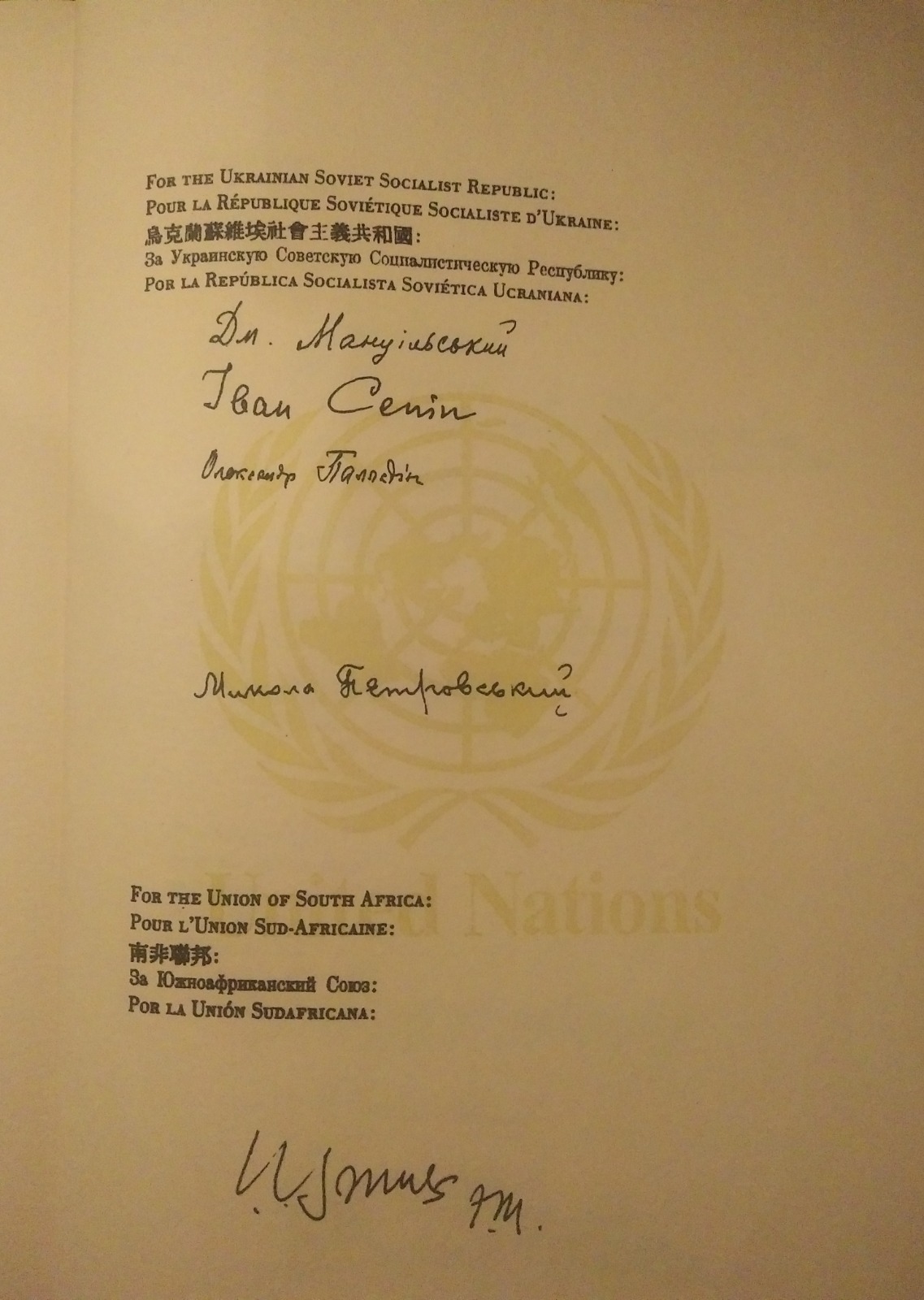
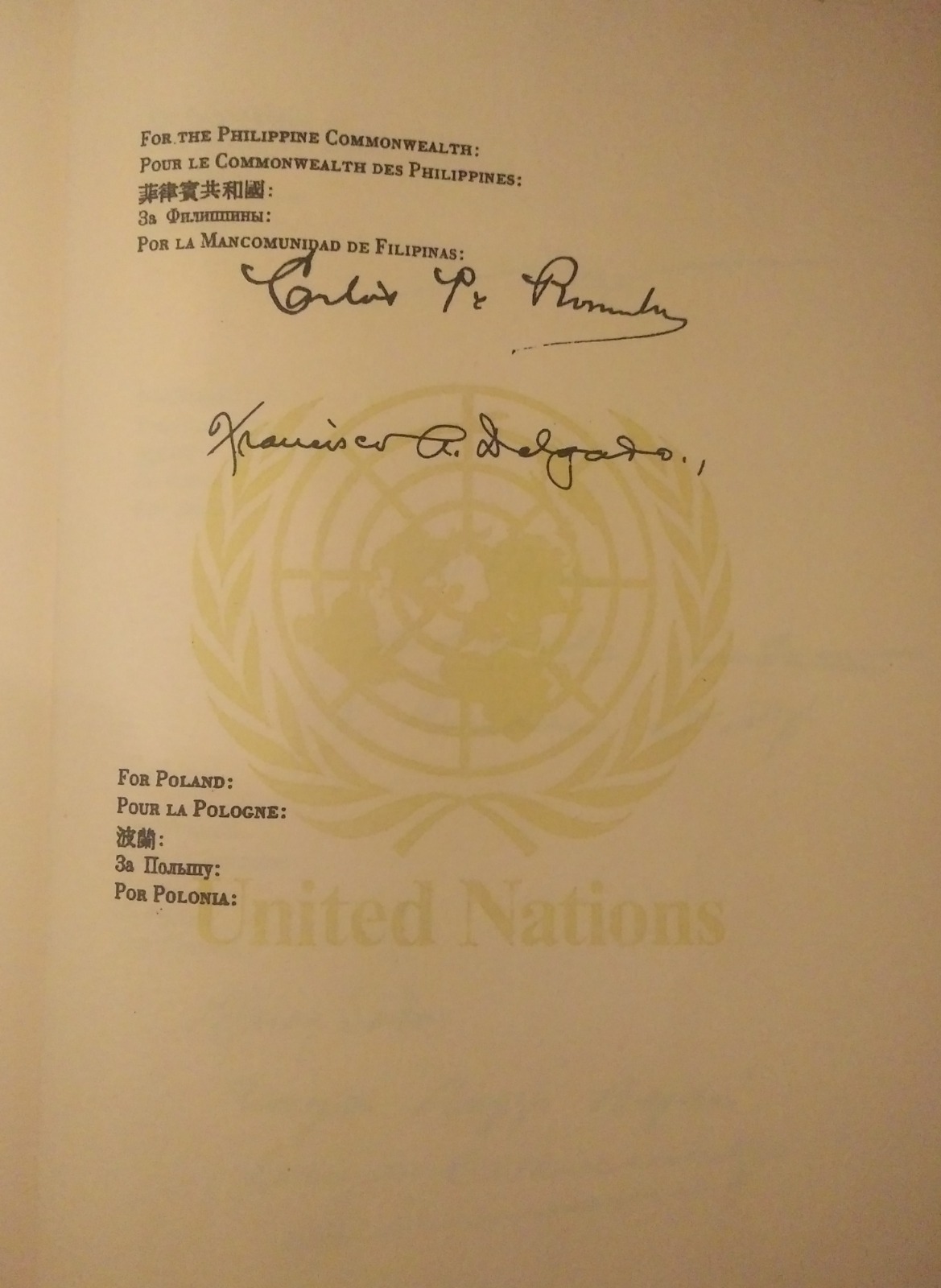
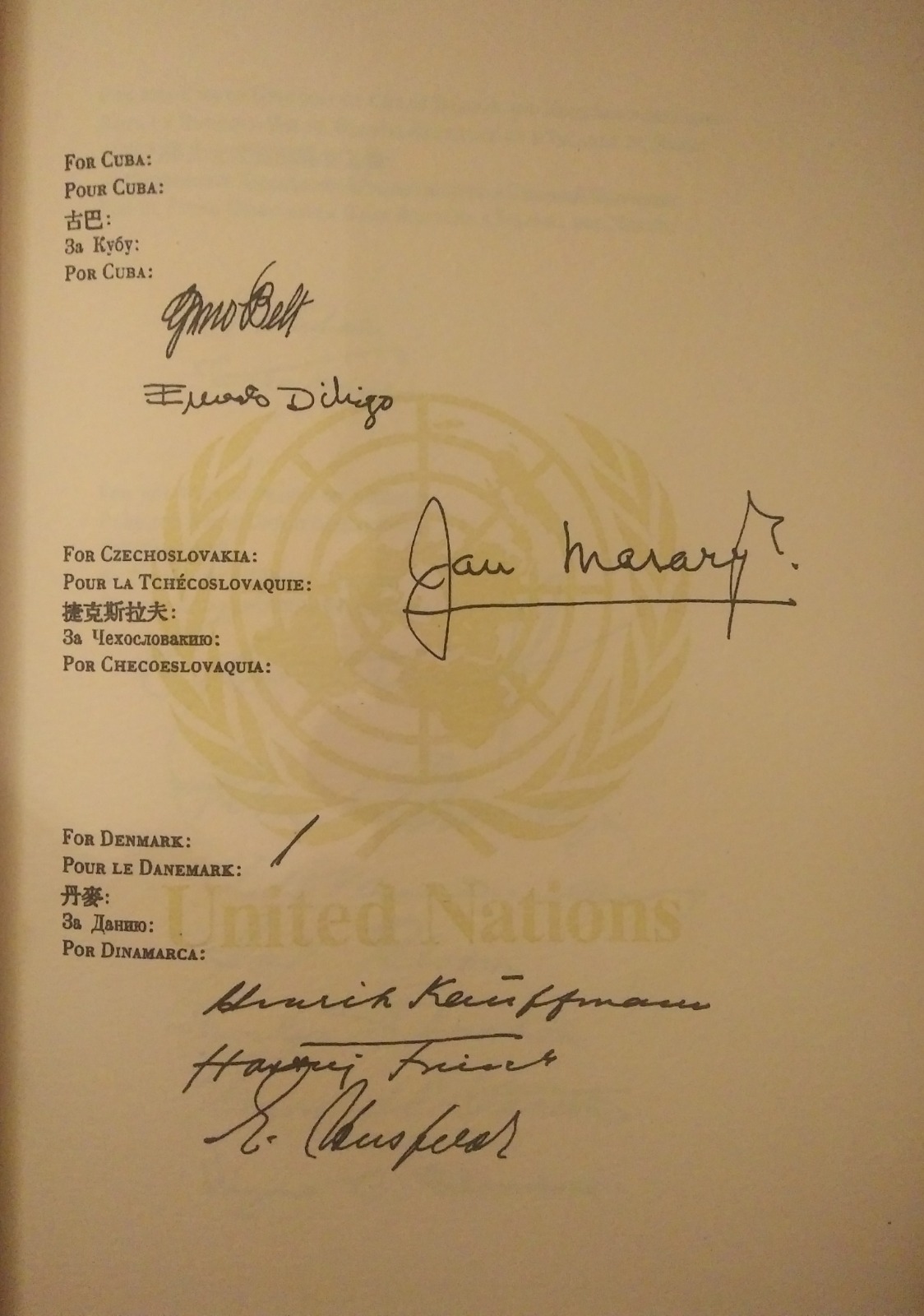
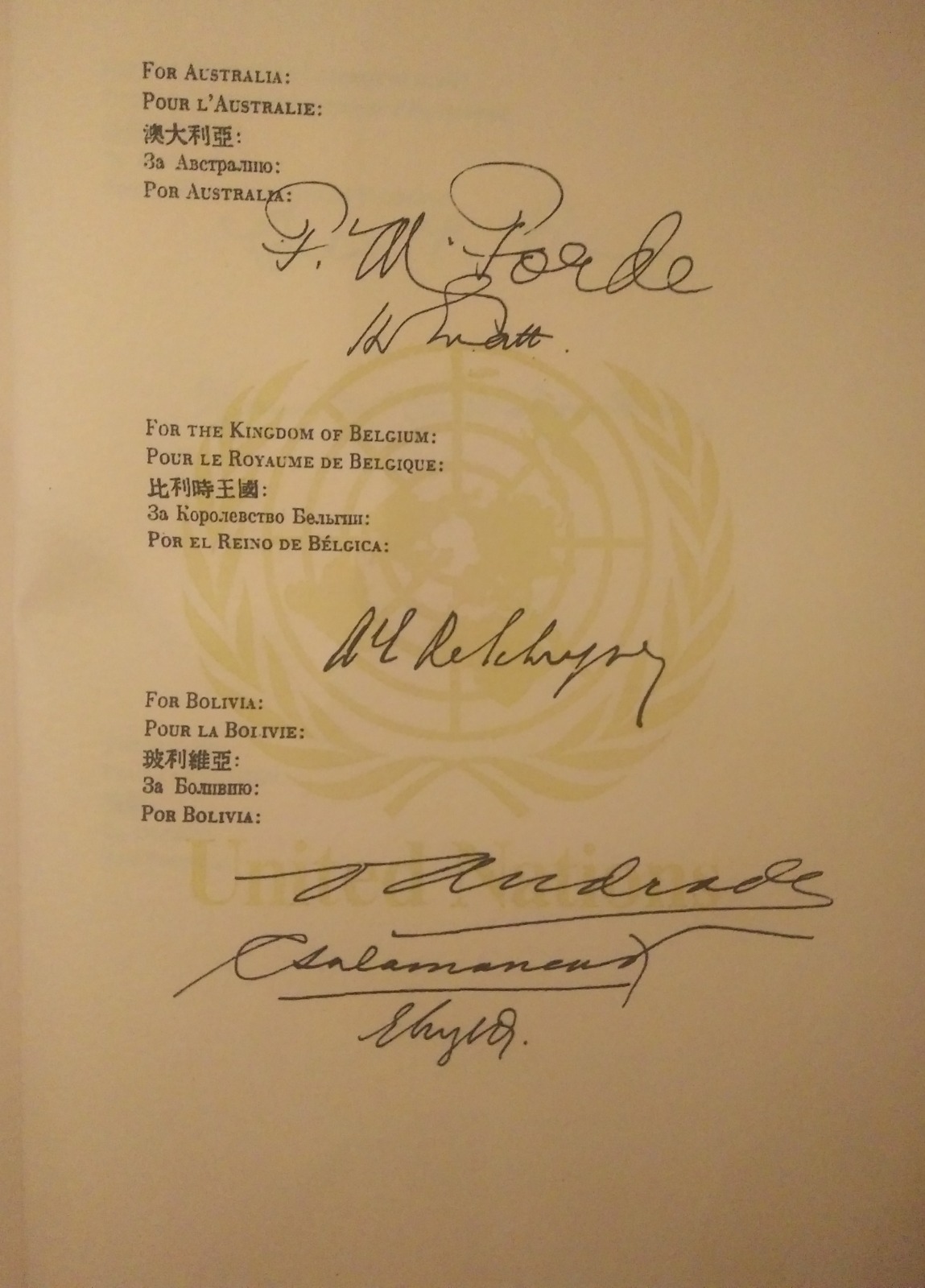
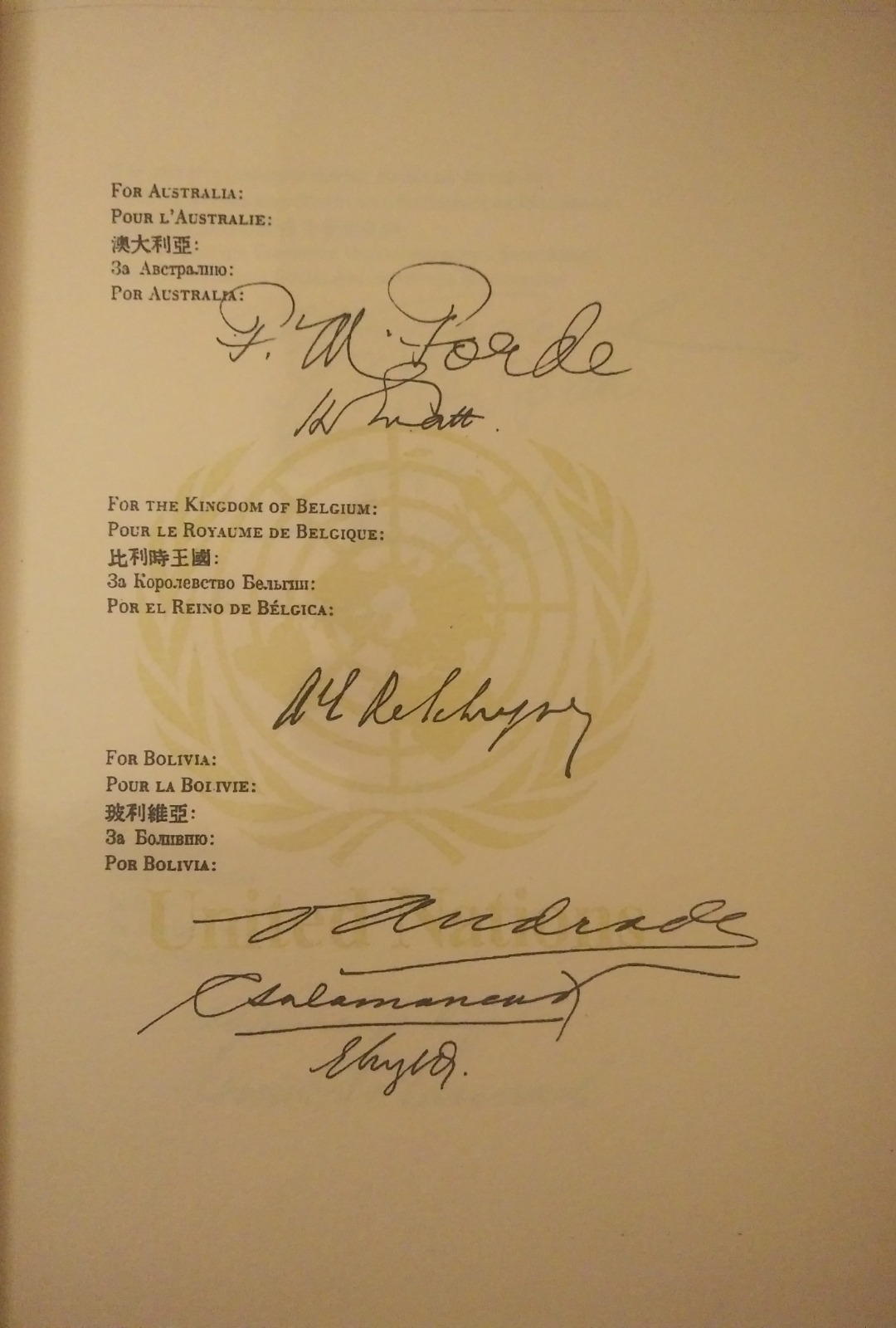

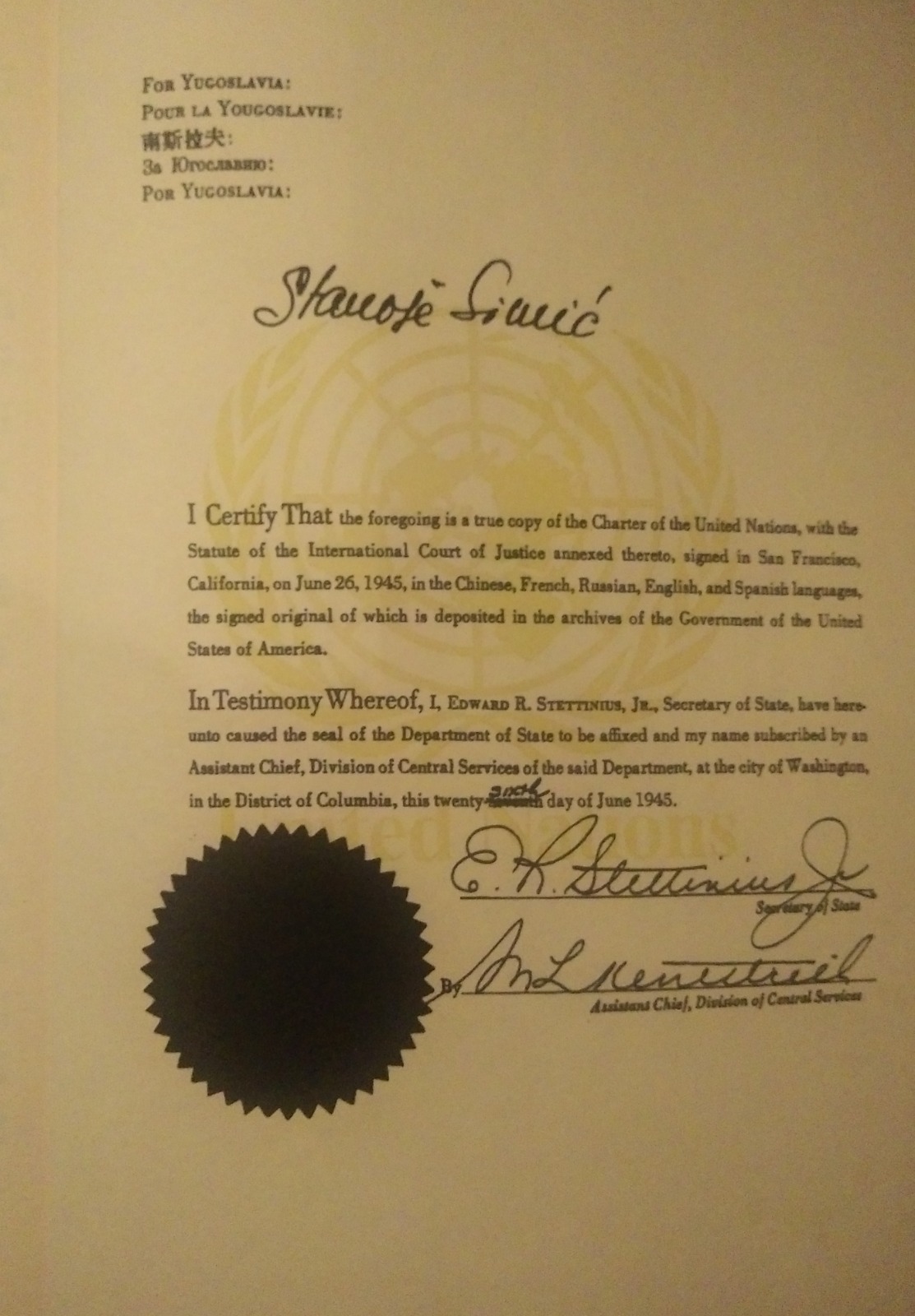
### The Story of the Bandung Conference: A Step Toward Unity and Peace
In the spring of 1955, the world was at a crossroads. The aftermath of World War II had left deep scars, and the Cold War divided nations into two rival blocs. Yet, amidst this tense global climate, a small Indonesian city named Bandung became the stage for a remarkable event that would echo across continents.
Leaders from 29 Asian and African nations, representing over half the world’s population, gathered to chart a new path for their people. These countries, many of which had recently gained independence from colonial rule, were united by shared struggles and a vision for a future free from oppression. The event came to be known as the Bandung Conference—a historic milestone in the fight for peace, sovereignty, and justice.
#### The Gathering of Nations
The conference brought together leaders like Indonesia’s President Sukarno, India’s Prime Minister Jawaharlal Nehru, Egypt’s President Gamal Abdel Nasser, and China’s Premier Zhou Enlai. These leaders represented countries with diverse cultures, religions, and political systems, yet they shared a common purpose: to address the challenges of colonialism, racism, and inequality while promoting cooperation among nations.
As the conference opened, President Sukarno delivered an impassioned speech, reminding the delegates of their shared history of oppression under colonial powers. He urged them to rise above divisions and work together to create a world of equality and peace.
#### The Goals of the Conference
The Bandung Conference had clear objectives:
1. To promote economic and cultural cooperation among Asian and African nations.
2. To oppose colonialism and imperialism in all its forms.
3. To support the principle of self-determination for all peoples.
4. To promote racial equality and condemn discrimination.
5. To establish peaceful coexistence among nations, regardless of their political systems.
Additionally, the leaders discussed the idea of fostering a global agreement for peace. While a formal world peace agreement was not officially signed at the conference, the principles adopted were seen as a de facto roadmap for achieving global harmony. The Ten Principles of Bandung were envisioned as a foundation for international peace and collaboration, emphasizing non-aggression, justice, and mutual respect.
The leaders recognized that unity was their strength. By working together, they could amplify their voices on the global stage and challenge the dominance of the superpowers.
#### The Ten Principles of Bandung
After days of discussions, the conference culminated in the adoption of the Ten Principles of Bandung, a set of guidelines for international relations based on mutual respect and peace. These principles included:
1. Respect for fundamental human rights and the purposes and principles of the United Nations Charter.
2. Respect for the sovereignty and territorial integrity of all nations.
3. Recognition of the equality of all races and nations, regardless of size.
4. Abstention from intervention or interference in the internal affairs of other countries.
5. Respect for the right of each nation to defend itself, individually or collectively, in conformity with the UN Charter.
6. Abstention from the use of collective defense arrangements to serve the interests of any one country.
7. Refraining from acts or threats of aggression or the use of force.
8. Settlement of all international disputes by peaceful means.
9. Promotion of mutual interests and cooperation.
10. Respect for justice and international obligations.
#### A Turning Point in History
The Bandung Conference marked the first time that Asian and African nations came together to address their shared concerns without the influence of colonial powers. It was a powerful statement of unity and independence, sending a message to the world that these nations would no longer accept subjugation or exploitation.
The conference also laid the groundwork for the Non-Aligned Movement, a coalition of nations that sought to remain neutral in the Cold War and advocate for peace and development. Bandung became a symbol of hope and solidarity for oppressed people around the world.
#### The Legacy of Bandung
Though the conference did not solve all the challenges faced by the participating nations, it succeeded in creating a framework for cooperation and dialogue. The Ten Principles of Bandung continue to inspire efforts toward peace and justice in international relations.
Today, the Bandung Conference is remembered as a pivotal moment in the history of global diplomacy. It was a bold declaration that unity, respect, and peaceful coexistence could transcend the divisions of race, religion, and ideology. It reminded the world that even in the face of adversity, nations could come together to build a brighter future for all.
Creating a comprehensive world peace agreement among countries is a complex and challenging task that requires the involvement of many different actors and stakeholders, including governments, civil society groups, and international organizations. While there is no one-size-fits-all approach to creating such an agreement, there are several steps that can be taken to facilitate the process:
Encourage dialogue and communication: Building trust and understanding among nations is essential for creating a comprehensive world peace agreement. Encouraging dialogue and communication between countries can help to identify areas of common interest and develop a shared vision for peace.
Address underlying causes of conflict: Many conflicts are rooted in underlying political, social, or economic factors. Addressing these underlying causes of conflict, such as poverty, inequality, and discrimination, can help to create the conditions for lasting peace.
Support conflict resolution mechanisms: Effective conflict resolution mechanisms, such as mediation and negotiation, are essential for resolving disputes between countries. International organizations, such as the United Nations, can play a key role in providing these mechanisms and facilitating dialogue between nations.
Promote human rights and the rule of law: Respect for human rights and the rule of law is essential for creating a stable and peaceful world. Promoting and upholding these values can help to prevent conflicts from arising and create a foundation for lasting peace.
Encourage international cooperation: Addressing global challenges, such as climate change, poverty, and disease, requires international cooperation and collaboration. Encouraging countries to work together towards common goals can help to create a shared sense of purpose and build trust and understanding between nations.
Ultimately, creating a comprehensive world peace agreement requires a long-term, collaborative effort among nations and other stakeholders. It requires a shared commitment to promoting peace and resolving conflicts through dialogue, cooperation, and respect for human rights and the rule of law.
Promoting economic and cultural cooperation globally requires coordinated efforts across governments, businesses, non-governmental organizations, and individuals. Here are strategies to enhance such cooperation:
Economic Cooperation
Trade Agreements and Partnerships:
Negotiate free trade agreements that reduce tariffs and non-tariff barriers.
Promote fair trade practices to ensure equitable benefits.
Global Infrastructure Projects:
Invest in transnational infrastructure like transport corridors, energy grids, and digital connectivity.
Encourage public-private partnerships for sustainable development.
International Organizations:
Strengthen institutions like the World Trade Organization (WTO), International Monetary Fund (IMF), and World Bank to facilitate dialogue and resource sharing.
Inclusive Economic Policies:
Support small and medium-sized enterprises (SMEs) in global supply chains.
Provide financial and technical assistance to developing nations to enhance participation in the global economy.
Technology and Innovation Sharing:
Create platforms for sharing technology and innovation, particularly in areas like green energy, healthcare, and artificial intelligence.
Promote open-source collaborations across borders.
Educational Exchange Programs:
Sponsor global research initiatives and scholarships to foster economic understanding and collaboration.
Cultural Cooperation
Cultural Exchange Programs:
Facilitate art, music, and cultural festivals that bring together diverse groups.
Encourage international student and artist exchanges.
Language and Heritage Preservation:
Support language-learning programs to bridge communication gaps.
Protect and share world heritage sites and traditions through UNESCO and similar organizations.
Media and Entertainment Collaboration:
Co-produce films, television, and online content to reflect diverse cultures and narratives.
Promote responsible and inclusive portrayal of cultures in media.
Digital Platforms:
Develop virtual platforms for cultural interaction, enabling people from different regions to learn about each other.
Leverage social media to amplify cross-cultural stories and initiatives.
Interfaith and Community Dialogues:
Organize events fostering understanding and respect among different religions and belief systems.
Create forums for discussions on shared human values.
Cultural Tourism:
Promote tourism that emphasizes respect for local cultures and traditions.
Develop sustainable tourism practices to ensure long-term cultural preservation.
Joint Efforts:
Global Summits and Forums:
Regularly convene forums like the G20, World Economic Forum, and others to address shared challenges and opportunities.
Sustainable Development Goals (SDGs):
Align economic and cultural initiatives with the UN's SDGs to ensure a shared vision for global progress.
Public Awareness Campaigns:
Educate the global population about the benefits of cultural diversity and economic interdependence.
Diaspora Engagement:
Encourage diasporas to act as cultural and economic bridges between their countries of origin and residence.
By fostering mutual understanding, shared goals, and respect, economic and cultural cooperation can help build a more interconnected and harmonious world
Supporting the principle of self-determination for all peoples involves promoting policies, practices, and initiatives that respect the right of groups to freely determine their political, economic, social, and cultural development. 
Here's how this can be achieved:
Political Support
Recognition of Rights:
Uphold international frameworks like the United Nations Charter and the Universal Declaration of Human Rights that affirm self-determination as a fundamental principle.
Advocate for the inclusion of self-determination in national and international legal systems.
Support for Referenda:
Assist in organizing free, fair, and transparent referenda where groups can express their will democratically.
Involve neutral observers to ensure legitimacy and fairness.
Respect for Sovereignty:
Balance the aspirations for self-determination with respect for the territorial integrity of states, promoting peaceful solutions.
Mediation in Conflicts:
Encourage dialogue between states and self-determination movements to prevent violent conflicts.
Facilitate international mediation and peacebuilding efforts.
Economic Empowerment
Development Assistance:
Provide financial and technical support to marginalized groups to build self-sufficient economies.
Ensure development projects respect local cultures and needs.
Resource Control:
Advocate for the fair distribution of resources and empower communities to manage their natural and economic resources.
Inclusive Trade Policies:
Promote trade agreements that respect and protect the economic interests of self-determining regions.
Cultural Preservation
Protection of Indigenous Cultures:
Support initiatives that safeguard indigenous languages, traditions, and heritage.
Fund programs that enable cultural expression and education.
Educational Support:
Encourage education systems that reflect and honor the identity and history of self-determining groups.
Partner with international organizations to provide resources and training for cultural preservation.
Legal and Institutional Support
International Advocacy:
Use platforms like the UN to highlight cases where the right to self-determination is being denied.
Encourage adherence to international laws protecting the right to self-determination.
Autonomy Agreements:
Work with governments and communities to create legal frameworks for autonomy or federal arrangements, where appropriate.
Provide institutional support for governance structures within self-determining regions.
Support for Stateless Nations:
Engage diplomatically with communities that lack a nation-state to explore peaceful paths toward recognition or autonomy.
Public and Diplomatic Engagement
Awareness Campaigns:
Educate global audiences about the struggles and aspirations of self-determining groups through media and cultural platforms.
Non-Governmental Support:
Empower NGOs and civil society organizations to advocate for and support self-determination movements.
Global Solidarity:
Promote alliances and partnerships among communities striving for self-determination to share knowledge and strategies.
Commitment to Peaceful Solutions
Reject Violence:
Advocate for peaceful negotiations and condemn acts of violence or oppression on all sides.
Post-Self-Determination Support:
Assist newly self-determined regions with institution-building, economic planning, and integration into the international community.
Conflict Prevention:
Address underlying inequalities and injustices that often fuel the demand for self-determination.
By aligning actions with these principles, governments, international organizations, and civil society can meaningfully support the right to self-determination while fostering global peace and justice.
A Blueprint for Global Harmony
In a world filled with diverse nations, cultures, and challenges, the principles of mutual respect, cooperation, and justice are essential to creating a peaceful and prosperous global society. Below is a roadmap for how nations and communities can achieve this vision.
1\. Respect for Sovereignty and Promoting Self-Determination
How to:
Recognize Sovereignty:
Adhere to international laws that emphasize non-interference in the internal affairs of other states, as outlined in Article 2(7) of the UN Charter.
Avoid covert operations or economic pressure that undermine another nation's autonomy.
Empower Local Governance:
Support local self-governance within larger nations to honor the principle of self-determination.
Collaborate with international organizations to ensure that marginalized communities have the tools to develop sustainably and equitably.
Foster Diplomatic Engagement:
Use international forums to peacefully address any disputes related to sovereignty or governance.
Create mechanisms for nations to voice concerns and resolve disagreements without resorting to force.
2\. Ensuring Equality Among Nations and Races
How to:
Promote Equal Representation:
Ensure that all nations, regardless of size or power, have an equal voice in global forums like the United Nations General Assembly.
Advocate for leadership roles in international organizations to be distributed fairly among nations and racial groups.
Celebrate Diversity:
Organize global cultural events and exchanges to celebrate the contributions of all racial and national groups.
Use education to teach the value of diversity, dismantle stereotypes, and foster mutual respect.
Combat Discrimination:
Enforce strict laws against racial and national discrimination in both domestic and international contexts.
Provide platforms for historically marginalized groups to share their narratives and participate in decision-making.
3\. Advocating for Justice and International Obligations
How to:
Align National Laws with International Standards:
Ratify and implement treaties like the Universal Declaration of Human Rights and the Geneva Conventions.
Train government officials and legal professionals on the importance of complying with international obligations.
Establish Accountability Mechanisms:
Set up independent institutions to monitor and report on compliance with international laws.
Use international courts like the International Court of Justice (ICJ) to address disputes and ensure justice.
Promote Transparency:
Regularly publish reports on a nation’s progress in meeting its international obligations.
Allow independent organizations to evaluate compliance with treaties and agreements.
4\. Settling Disputes Peacefully
How to:
Prioritize Dialogue:
Establish diplomatic channels and bilateral talks to resolve disputes before they escalate.
Engage in regular summits and forums to discuss concerns and negotiate solutions.
Use Mediation and Arbitration:
Involve impartial mediators or arbitrators to guide conflicting parties toward fair resolutions.
Utilize international bodies like the United Nations or regional organizations to mediate disputes.
Create Preventive Mechanisms:
Develop early warning systems to detect and address tensions before they escalate into conflict.
Strengthen regional organizations’ capacities for conflict prevention and resolution.
5\. Championing Non-Aggression and Respect for Defense Rights
How to:
Adopt Defense-Only Policies:
Ensure that military forces are oriented towards defense rather than aggression.
Refrain from preemptive strikes and prioritize de-escalation in the face of conflicts.
Support Collective Security:
Participate in alliances that emphasize mutual protection, ensuring that no single member dominates the arrangement.
Share intelligence and resources responsibly to prevent misuse or overreach.
Promote Arms Control:
Adhere to treaties that limit the proliferation of weapons, including nuclear disarmament agreements.
Actively participate in initiatives that reduce global military expenditures and tensions.
6\. Fostering Economic and Cultural Cooperation
How to:
Develop Fair Trade Agreements:
Negotiate equitable trade policies that consider the interests of all parties, especially smaller or developing nations.
Encourage partnerships that provide access to technology and markets for underrepresented nations.
Encourage Cultural Exchanges:
Host international festivals, art exhibits, and educational programs to celebrate global diversity.
Facilitate cross-border educational initiatives like scholarships and research collaborations.
Invest in Joint Projects:
Collaborate on global infrastructure, renewable energy, and healthcare initiatives to address shared challenges.
Create platforms for knowledge-sharing across nations and communities.
7\. Refraining from Aggression and Supporting Multilateralism
How to:
Commit to the UN Charter:
Abide by the principles of Article 2(4) of the UN Charter, which prohibits threats or the use of force.
Participate actively in UN-led peacekeeping missions and initiatives.
Resolve Disputes Multilaterally:
Engage regional organizations and international bodies to address and mediate disputes.
Create agreements to reduce militarization in disputed territories.
Advocate for Peacebuilding:
Provide aid and resources to conflict-affected regions to promote recovery and reconciliation.
Support grassroots organizations working toward local and regional stability.
8\. Encouraging Mutual Interests and Sustainable Development
How to:
Focus on Shared Goals:
Collaborate on global challenges like climate change, public health, and poverty alleviation.
Use international forums to align priorities and pool resources for maximum impact.
Promote Sustainable Development:
Support projects that balance economic growth with environmental conservation and social inclusion.
Encourage investment in green technologies and sustainable practices.
Foster Global Partnerships:
Build coalitions of nations, businesses, and NGOs to address issues like hunger, education, and technological equity.
Share knowledge and innovations to empower developing nations.
9\. Respecting Collective Defense Without Exploitation
How to:
Ensure Equal Decision-Making:
Design defense alliances where all members have an equal voice in strategy and operations.
Avoid unilateral actions within alliances that serve only one nation’s interests.
Promote Transparency:
Make defense policies and activities openly available to all alliance members.
Share intelligence equitably to prevent power imbalances.
Limit Military Provocations:
Avoid deploying forces in a way that threatens non-member states or escalates tensions.
Focus on defensive measures rather than offensive operations.
10\. Creating a World Built on Justice and Cooperation
How to:
Educate Future Leaders:
Develop programs that teach global citizenship, international law, and the value of justice.
Foster a new generation of diplomats, mediators, and leaders committed to peace.
Celebrate Progress:
Highlight success stories of peaceful resolutions, cooperation, and shared achievements.
Recognize nations and organizations that uphold justice and international obligations.
Measure and Improve:
Regularly evaluate global and regional initiatives for their effectiveness in promoting peace and justice.
Adapt strategies based on lessons learned and emerging challenges.
A World United by Shared Principles
By implementing these detailed strategies, the global community can create a harmonious and just world where sovereignty is respected, disputes are resolved peacefully, and nations collaborate for the benefit of all. This vision demonstrates that mutual respect, shared interests, and unwavering commitment to justice are the foundations of a prosperous and peaceful future.